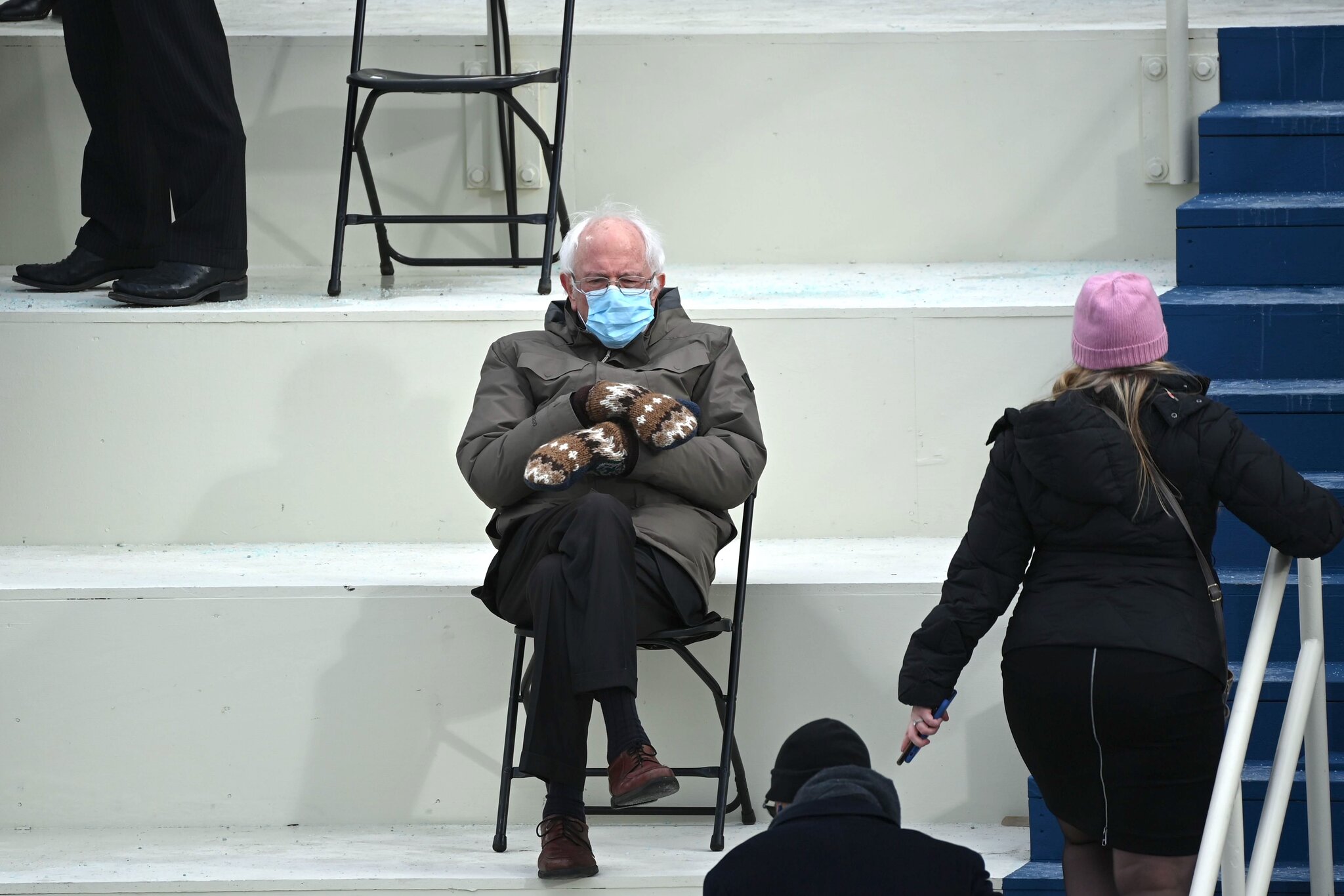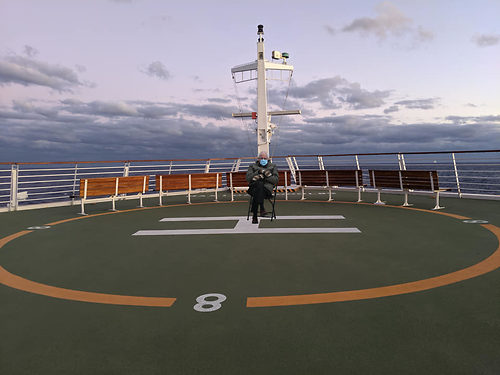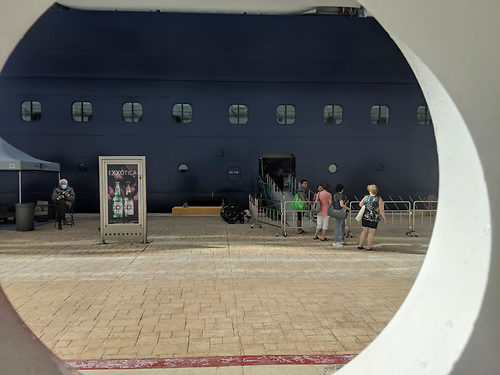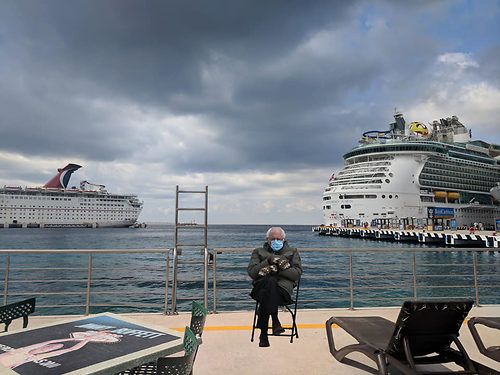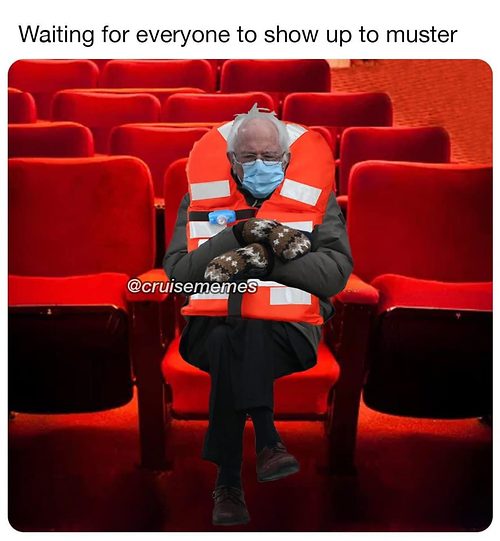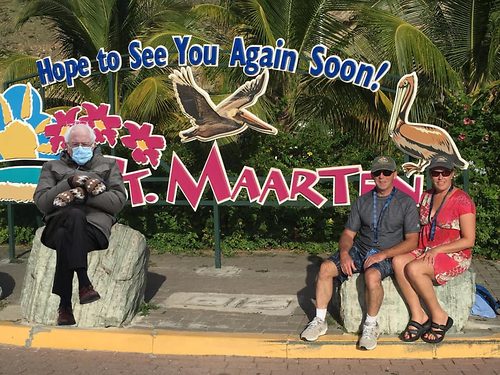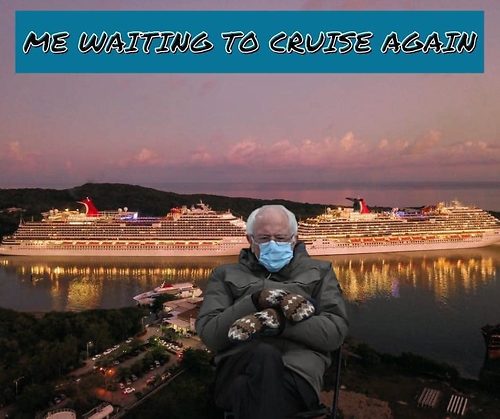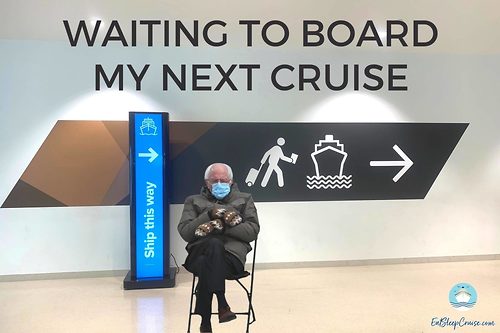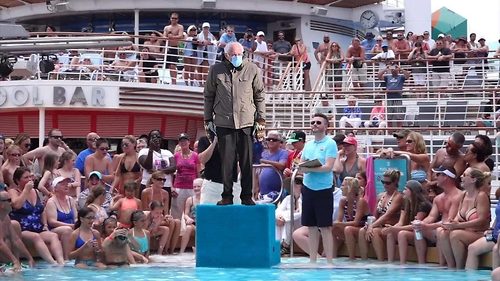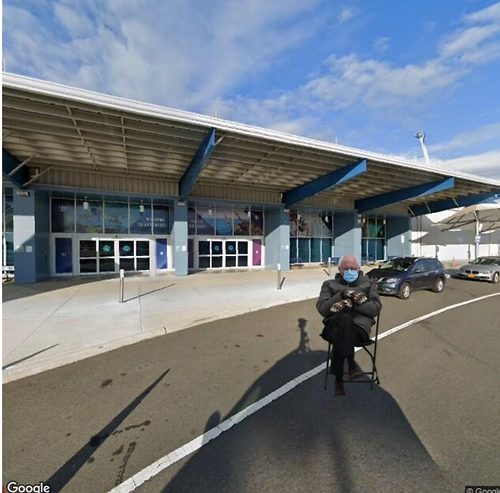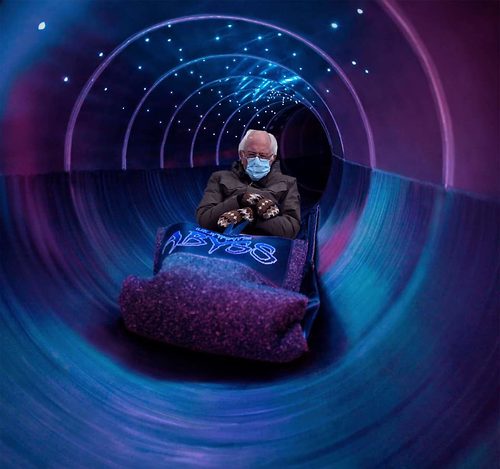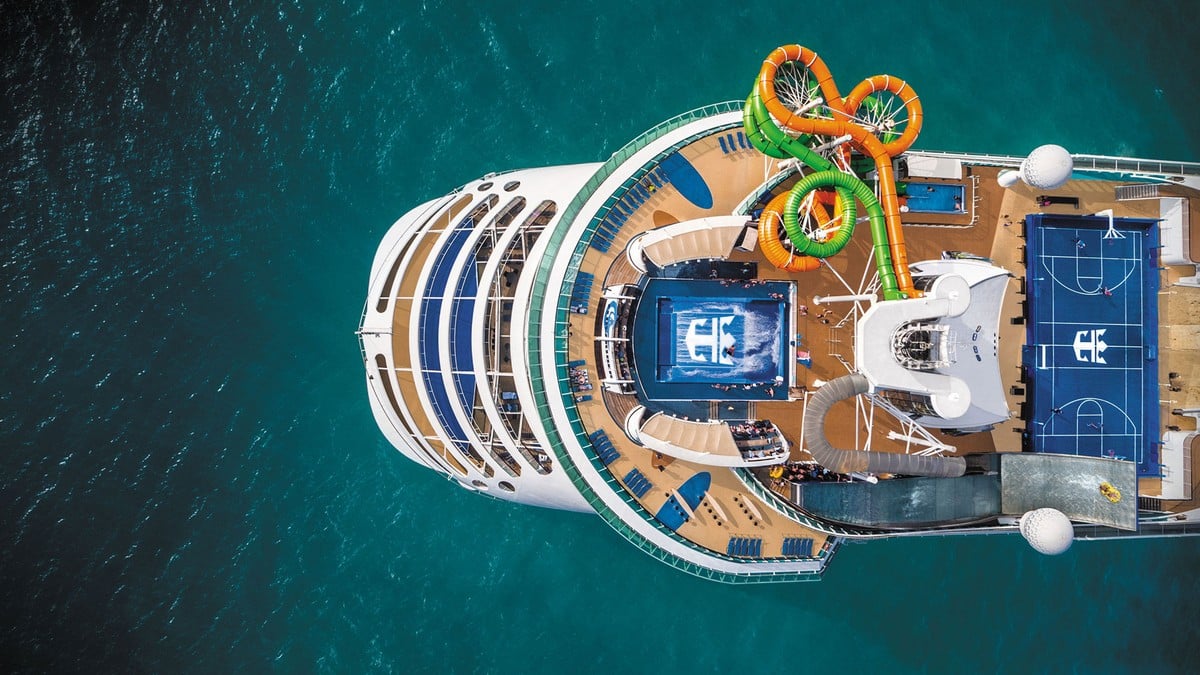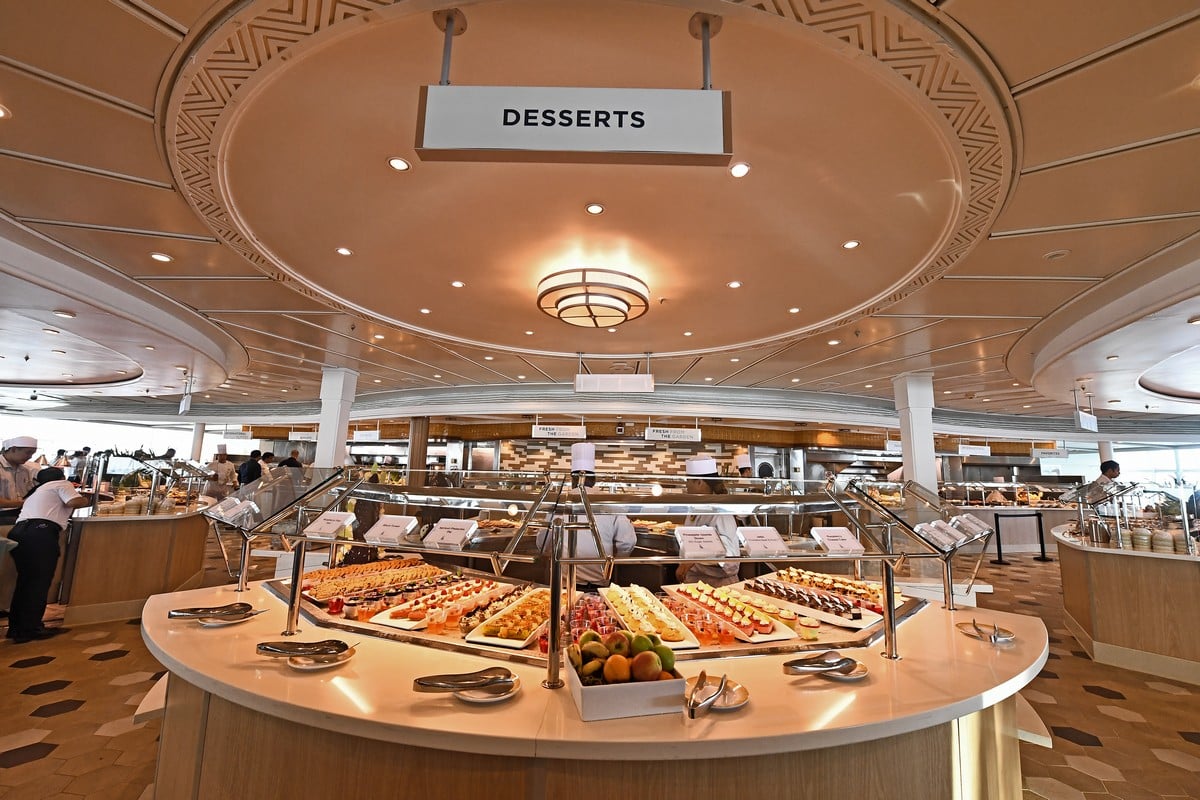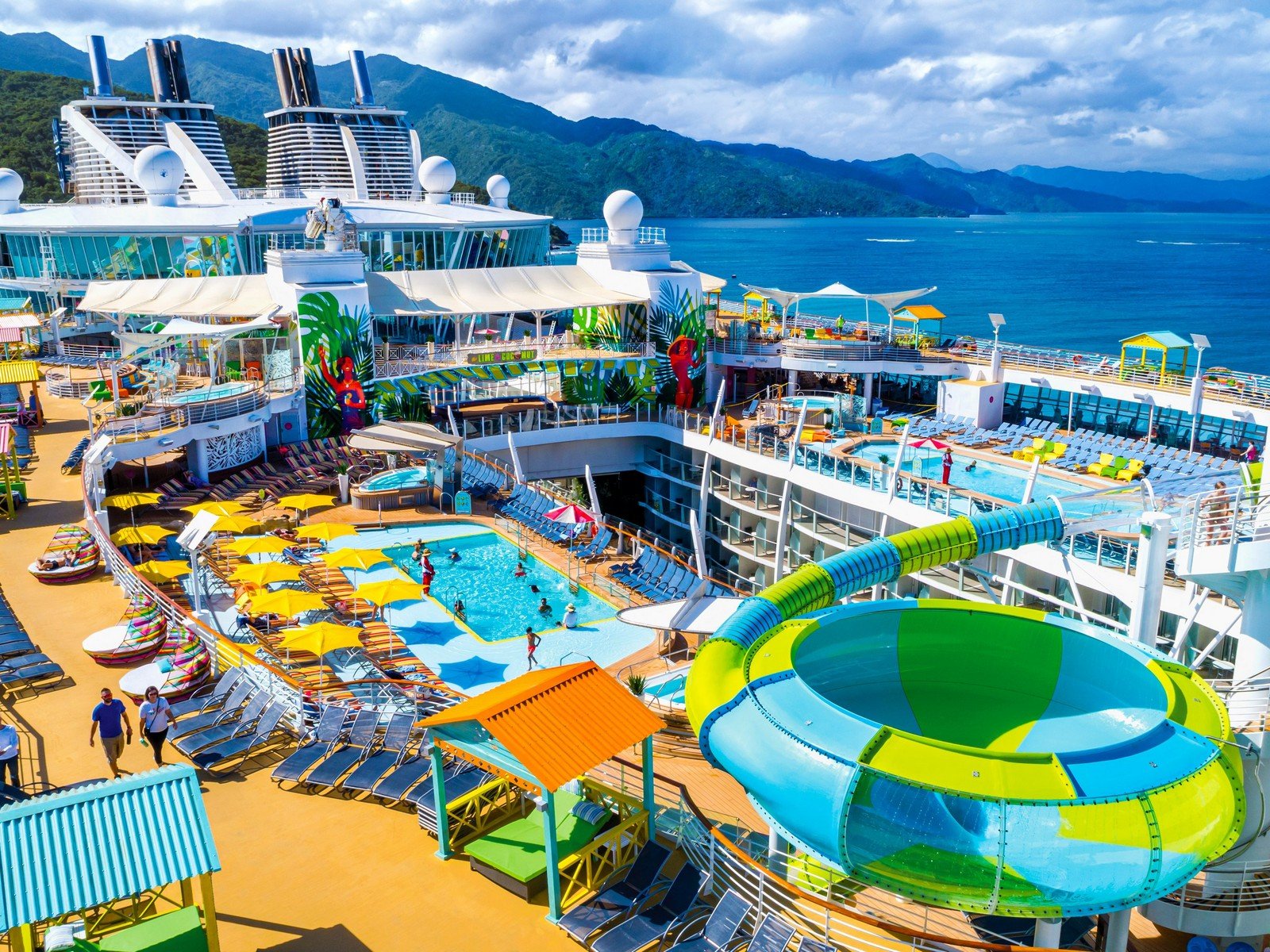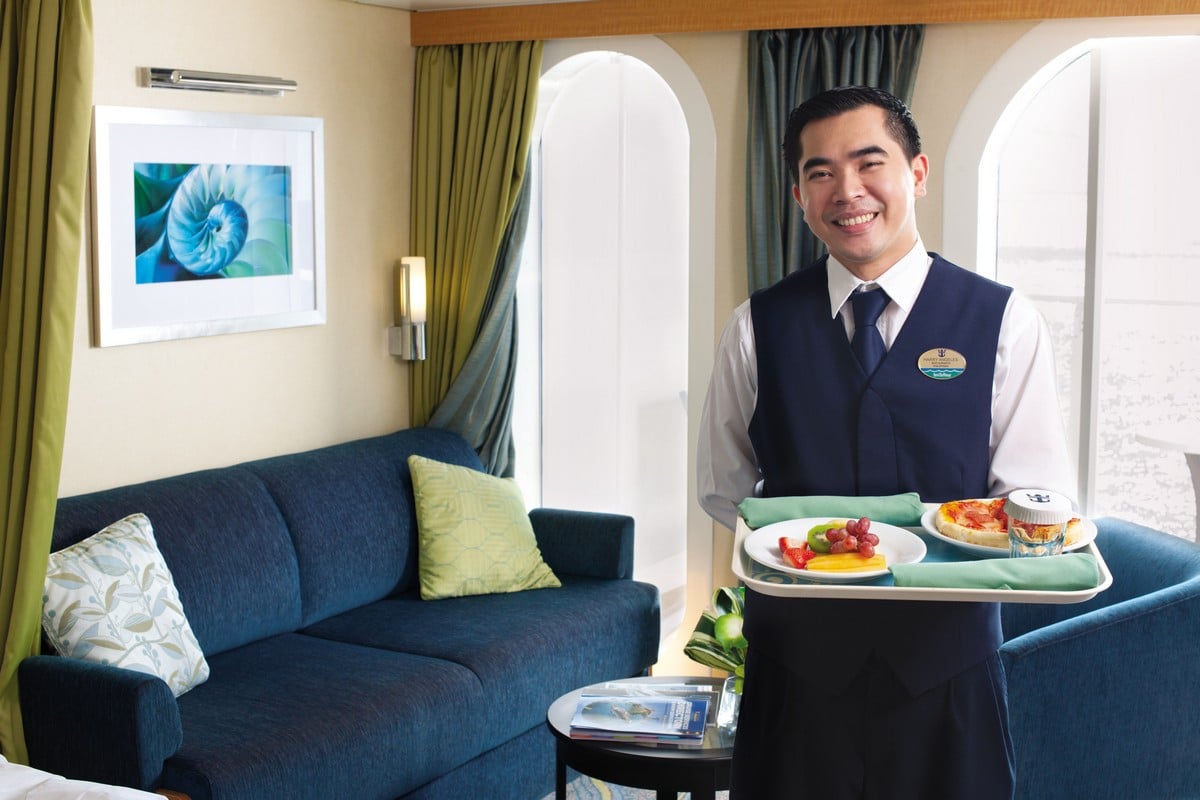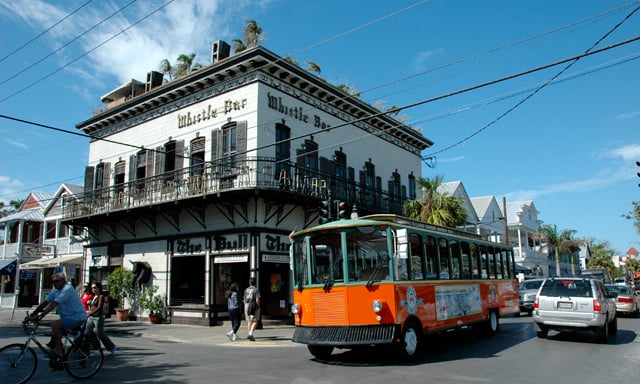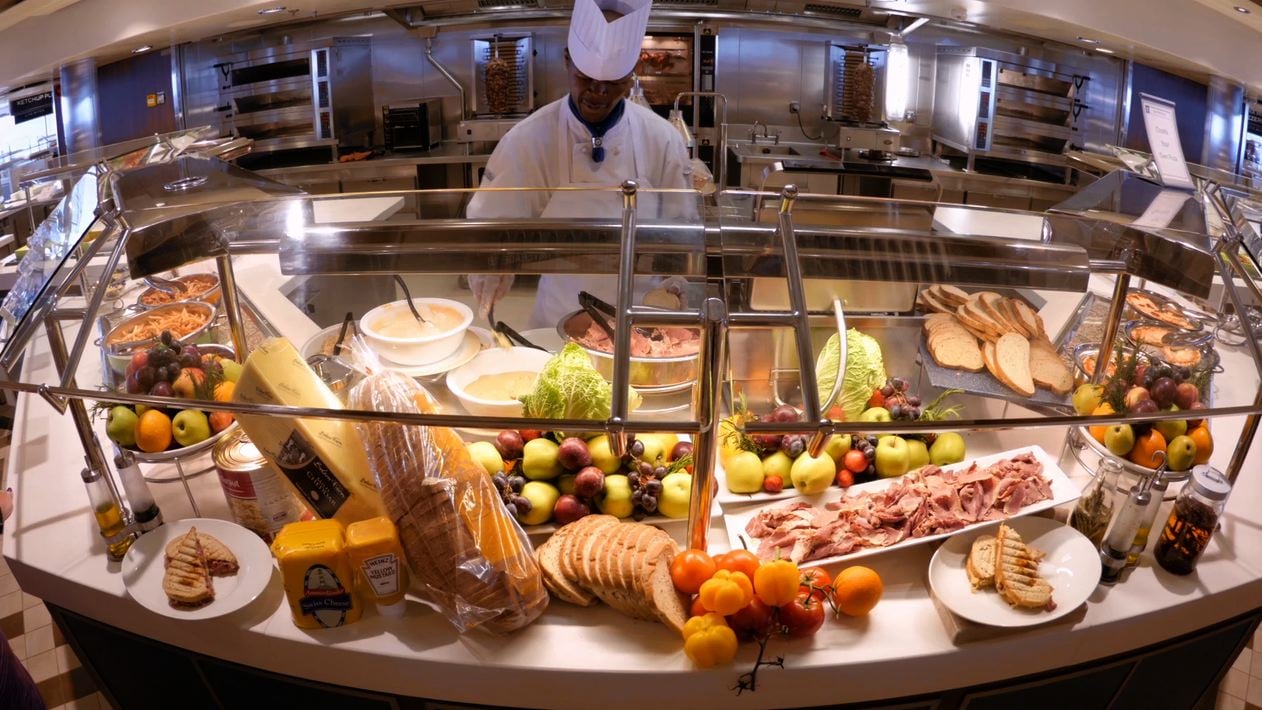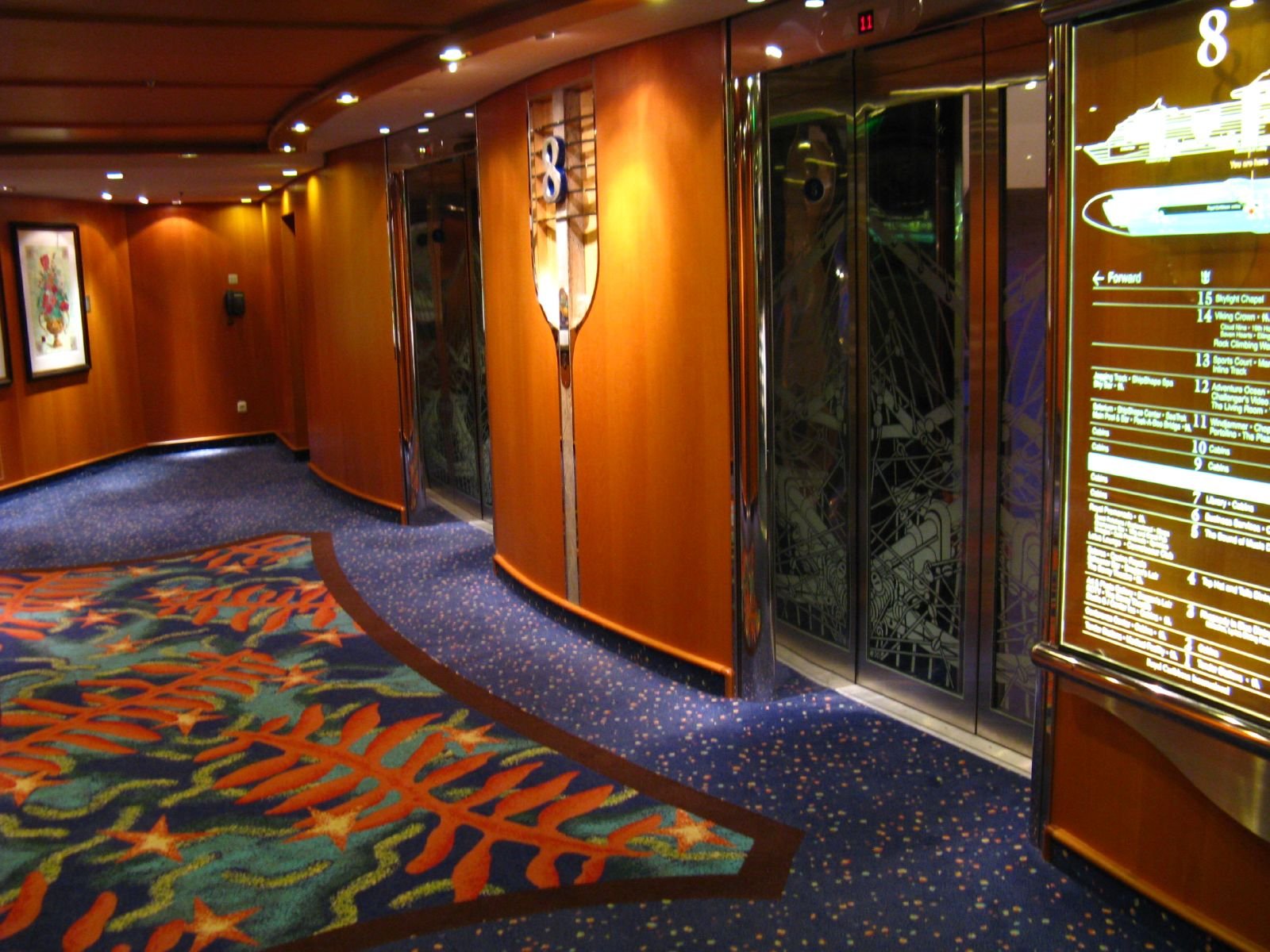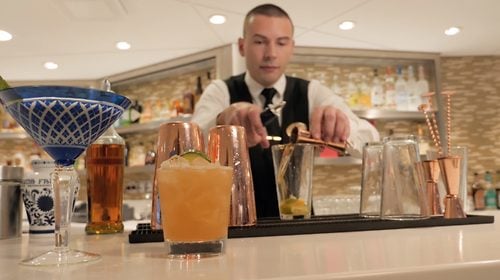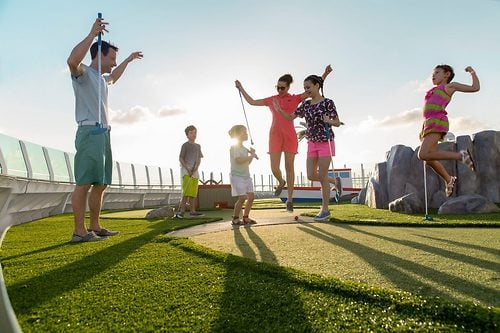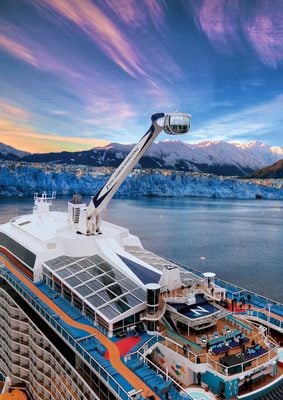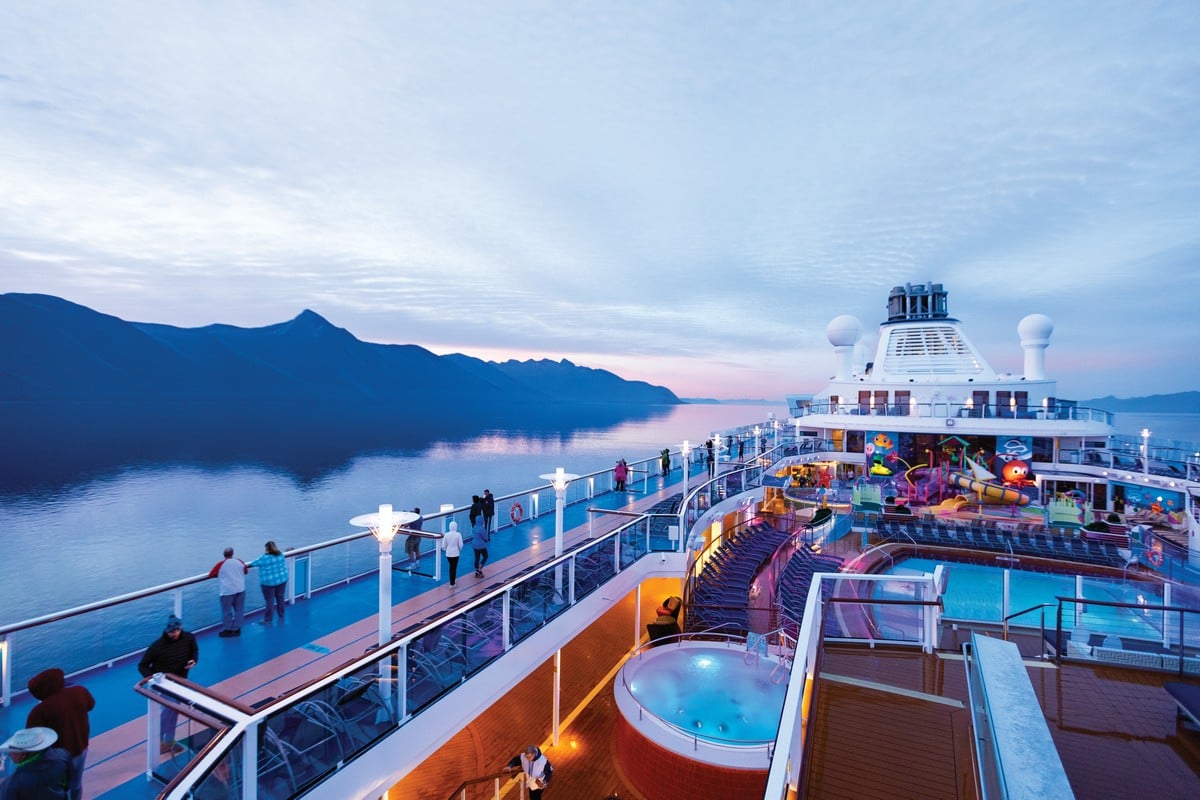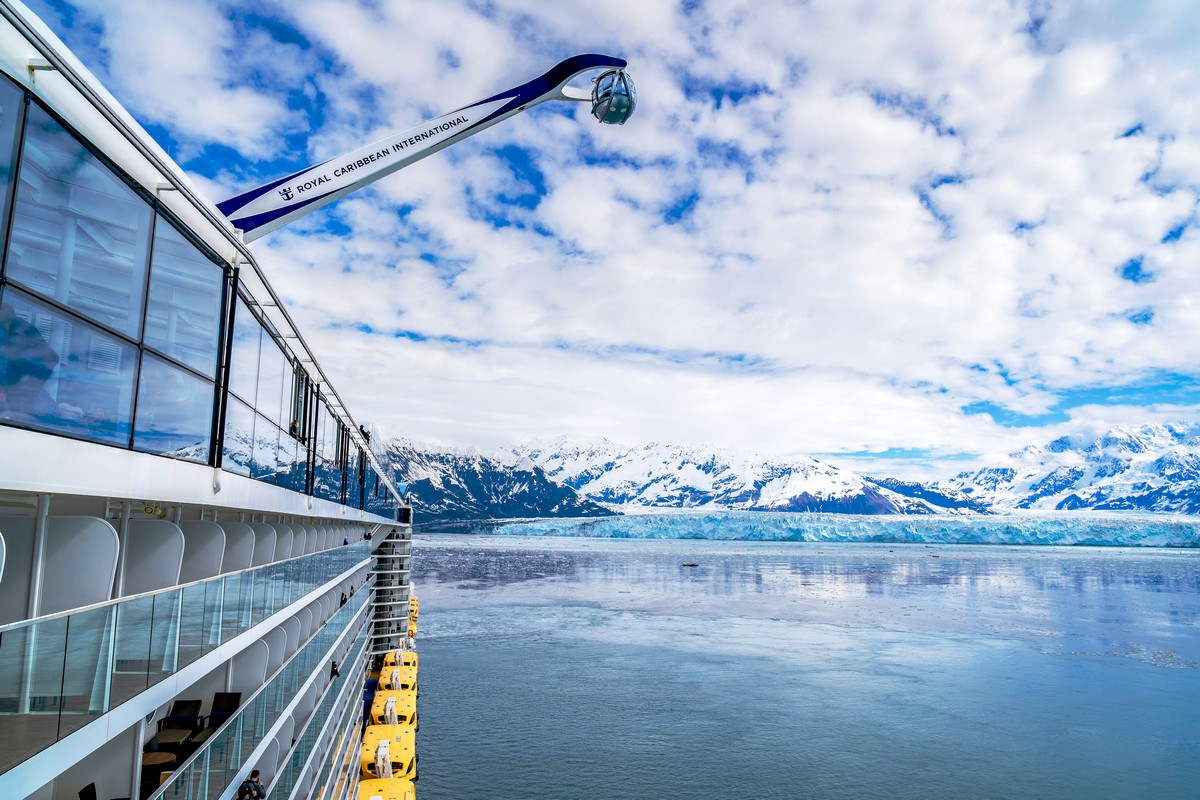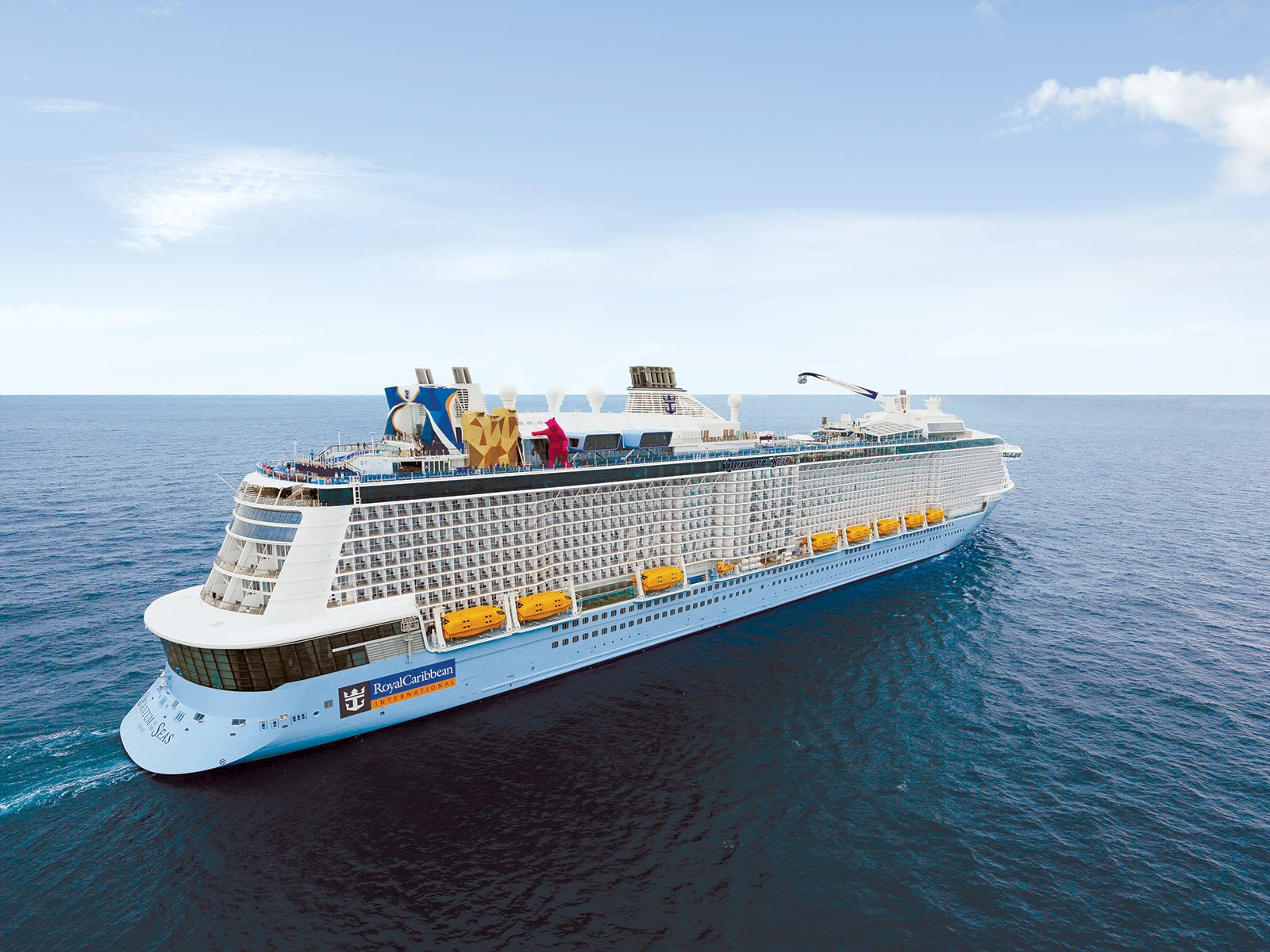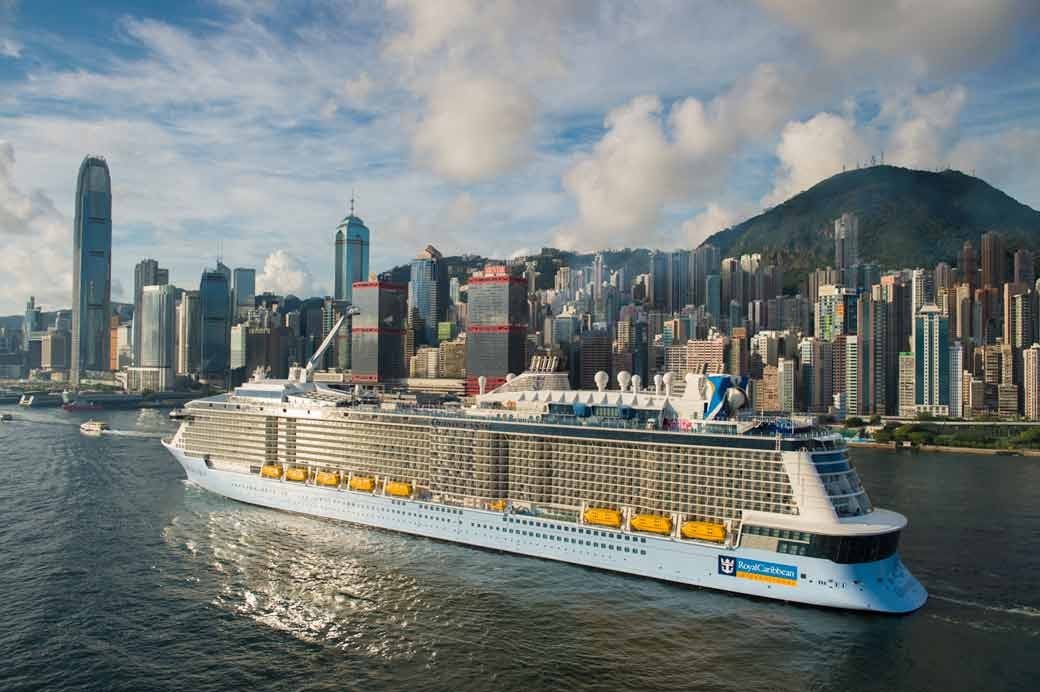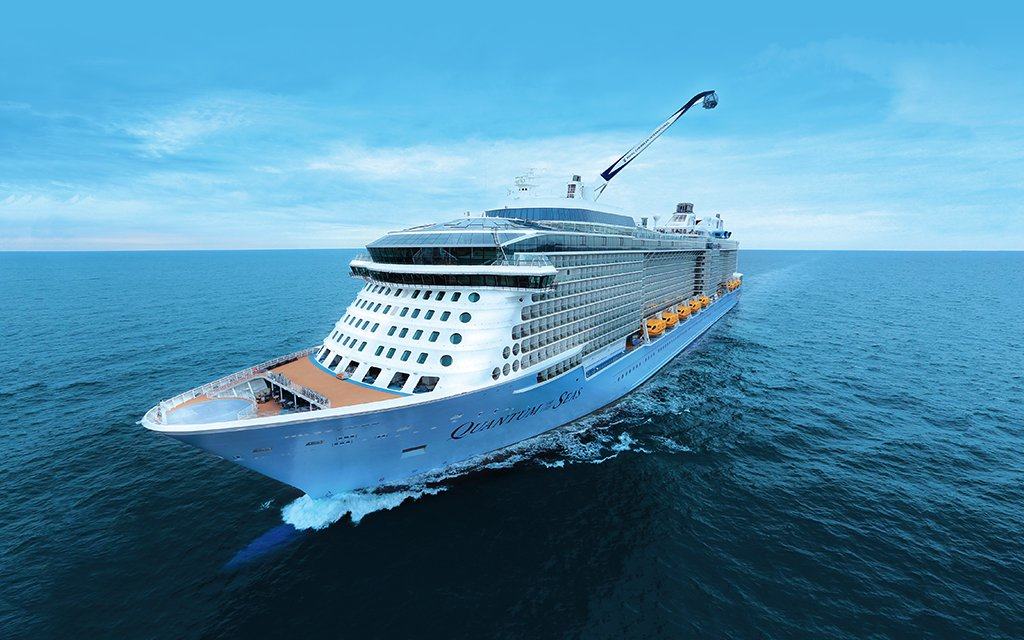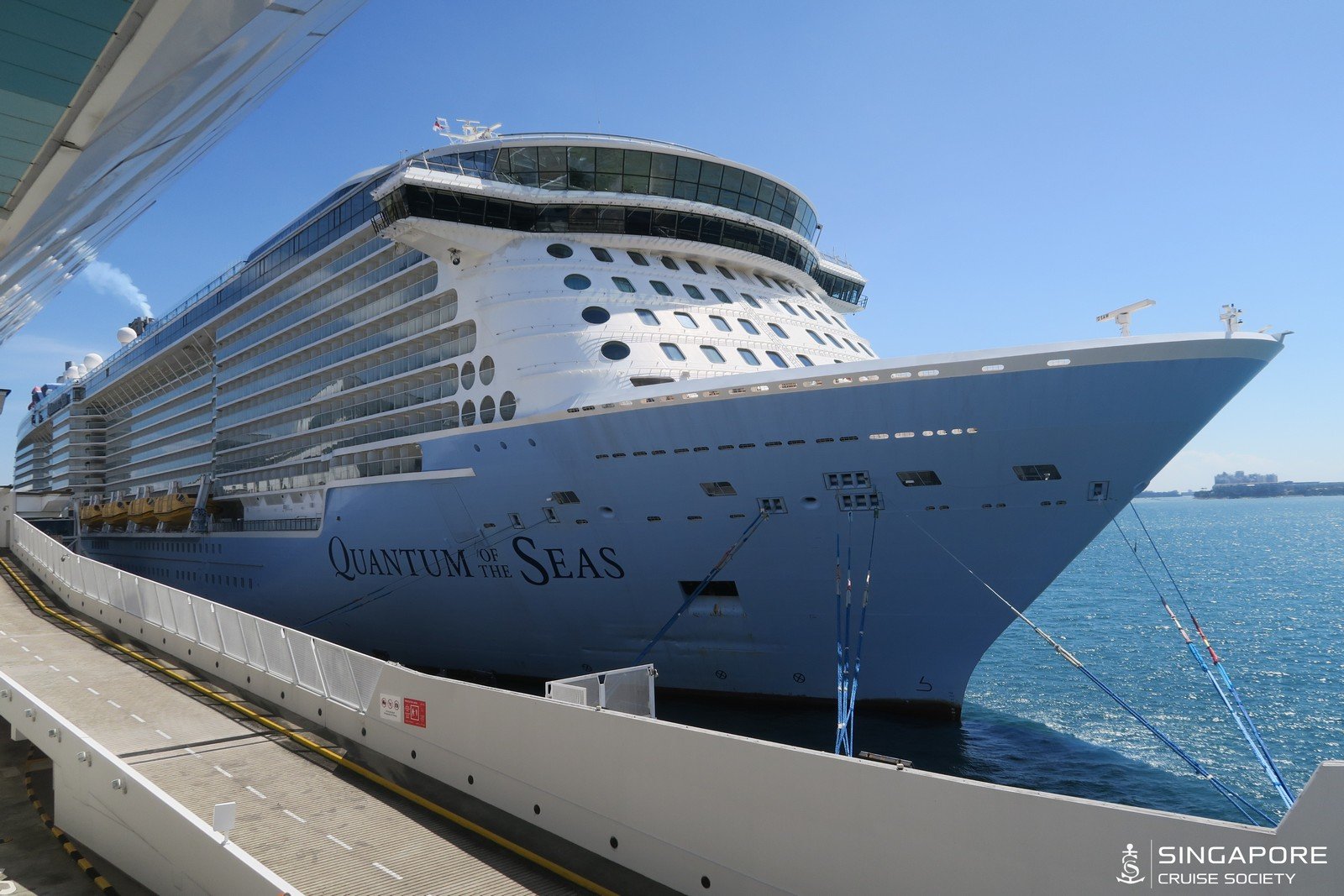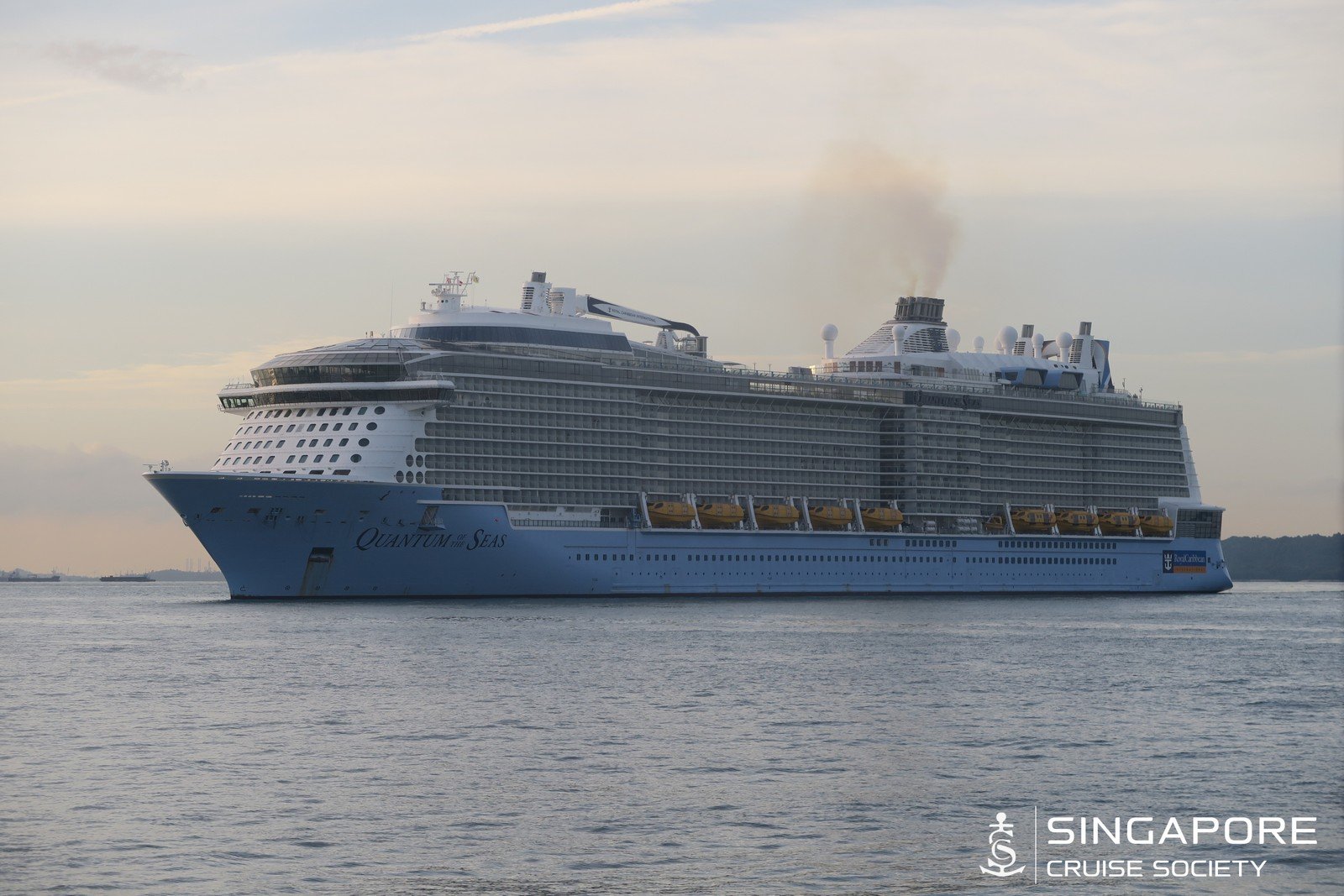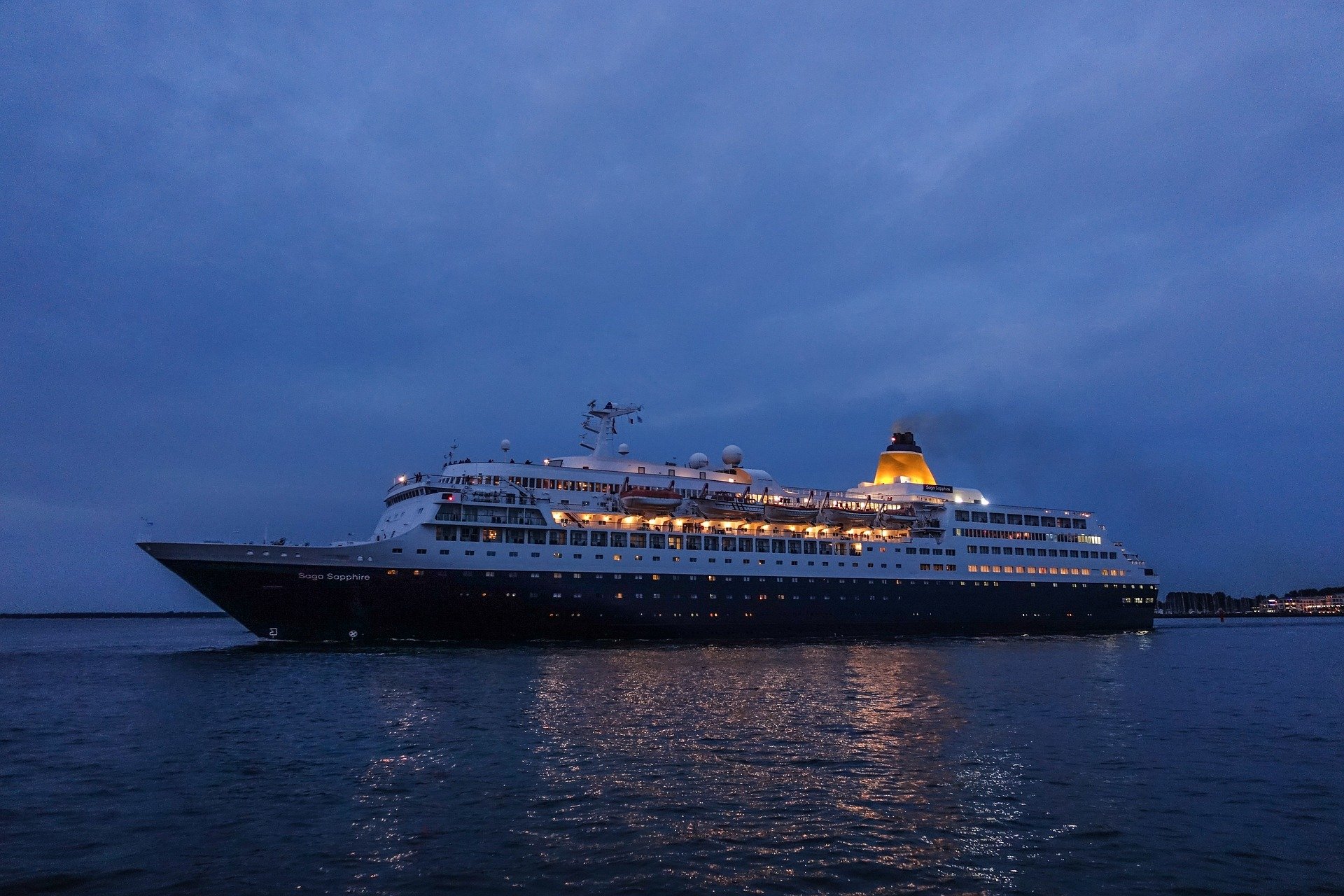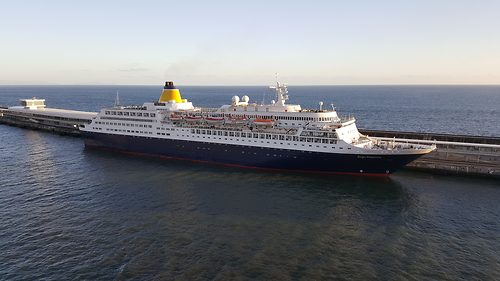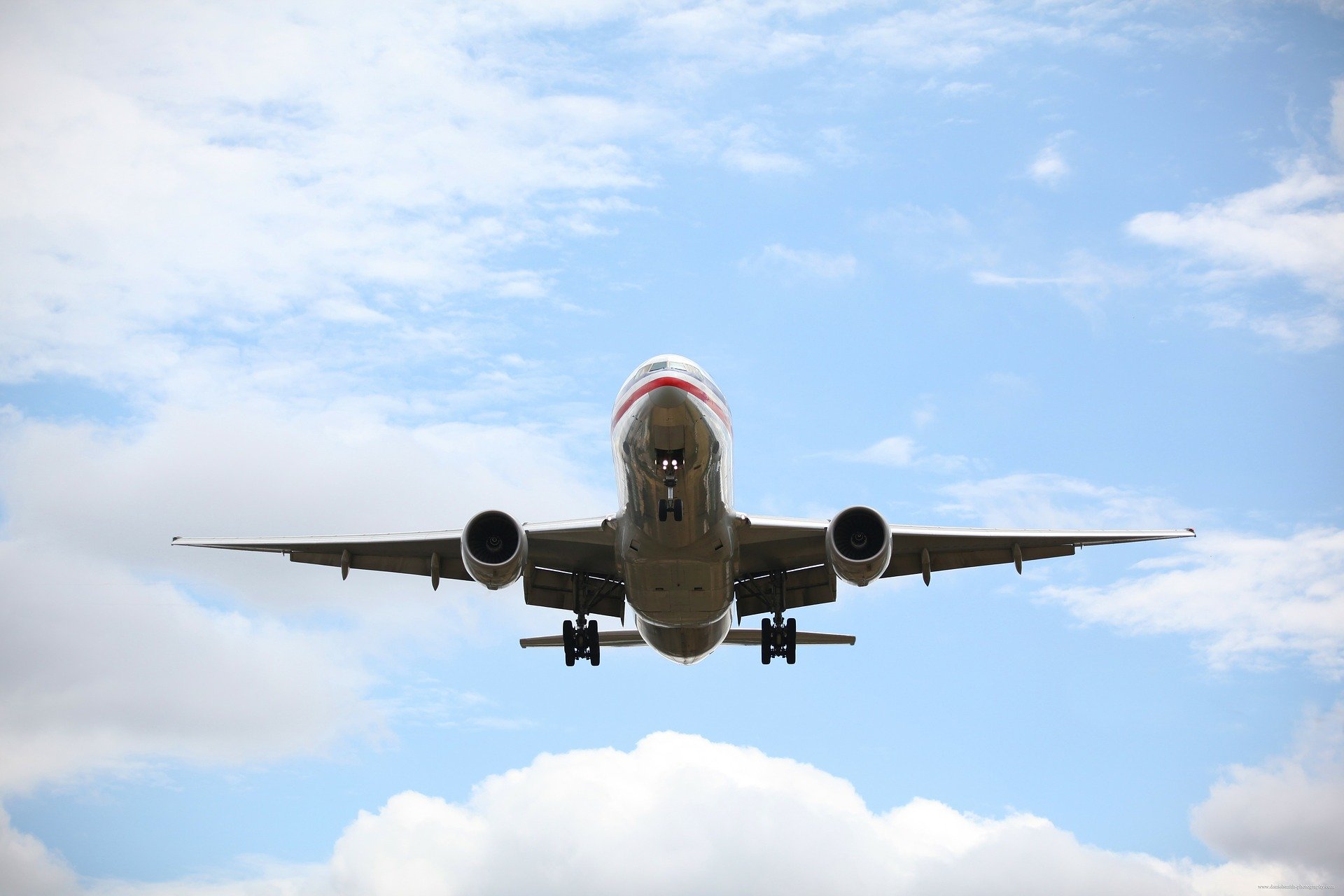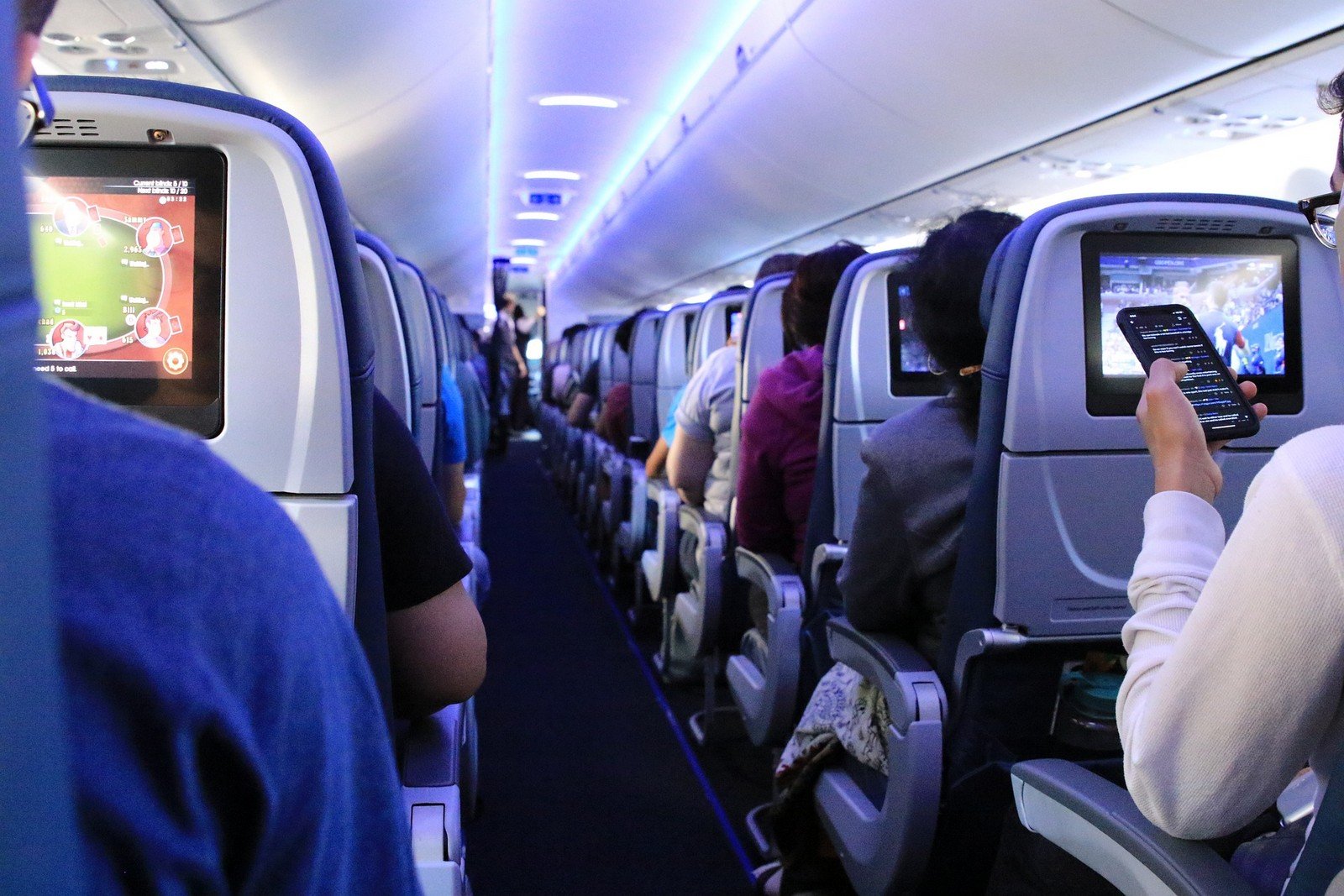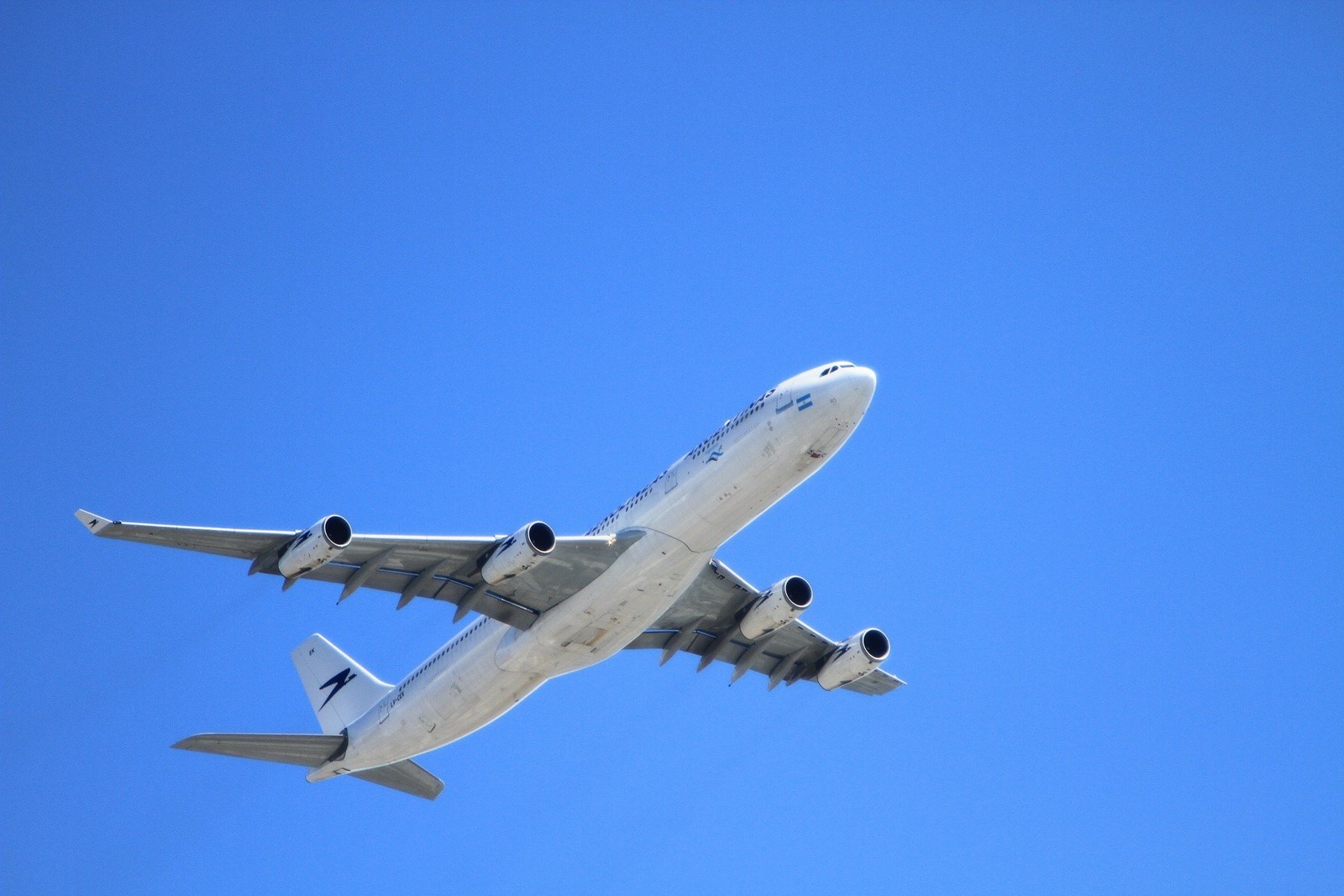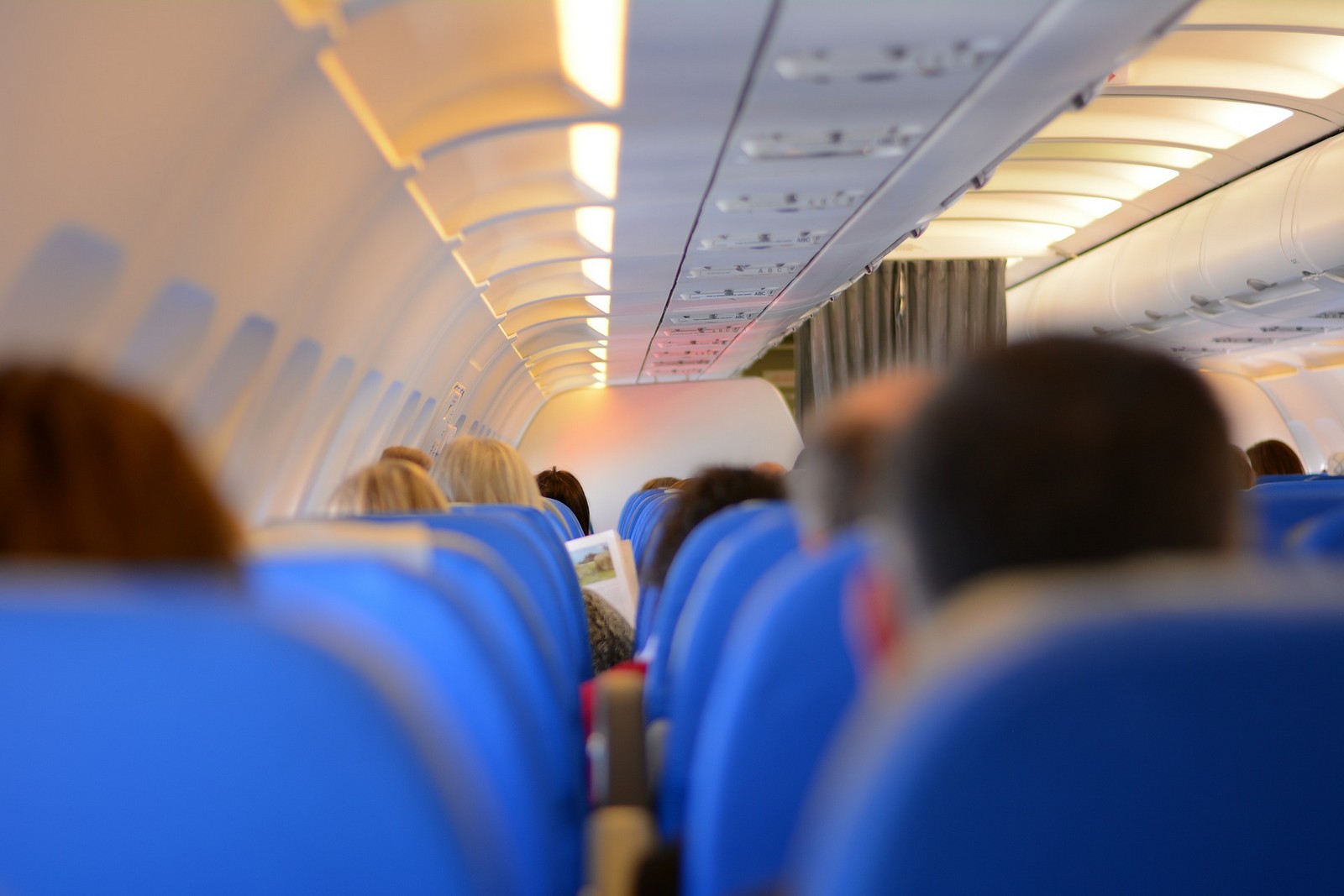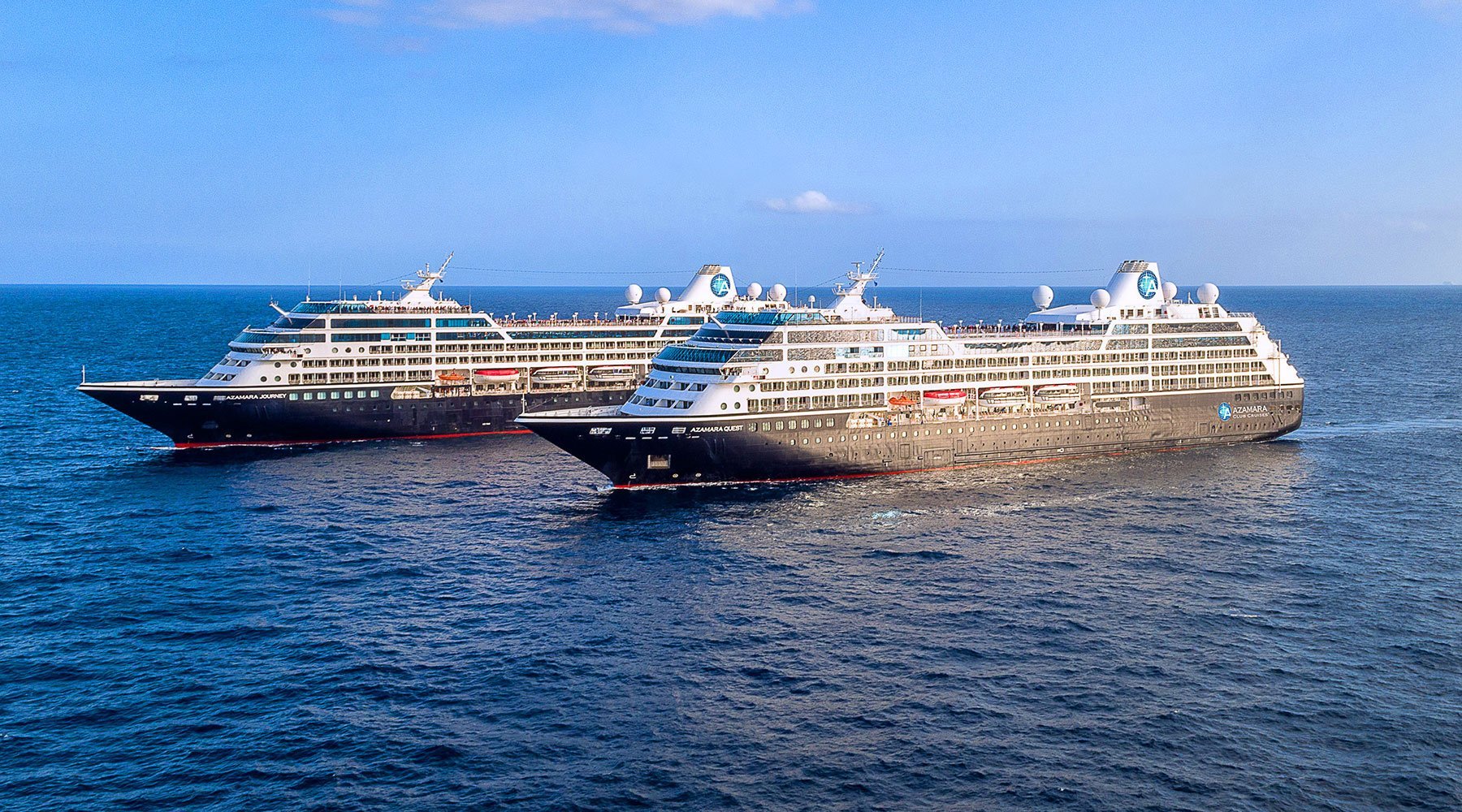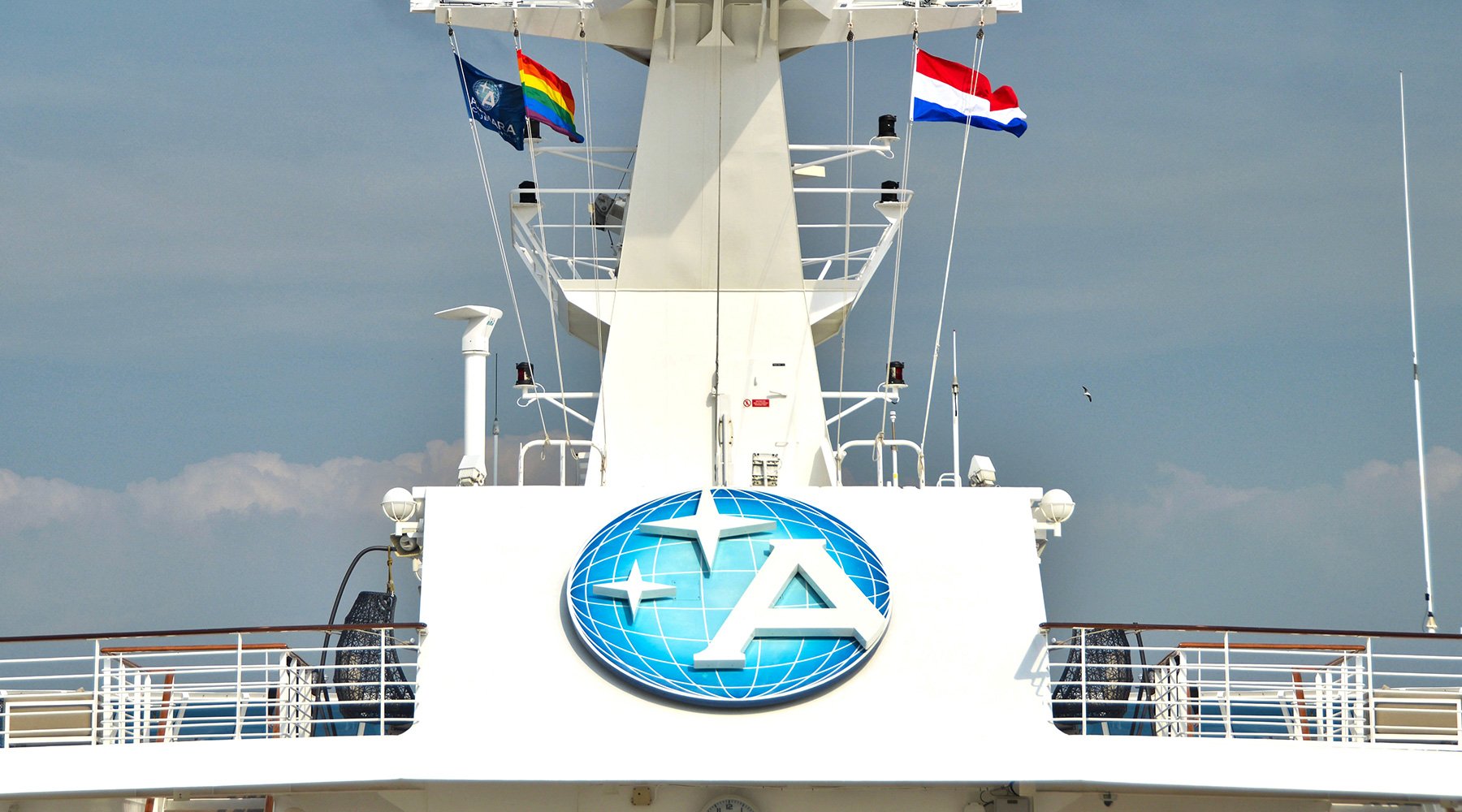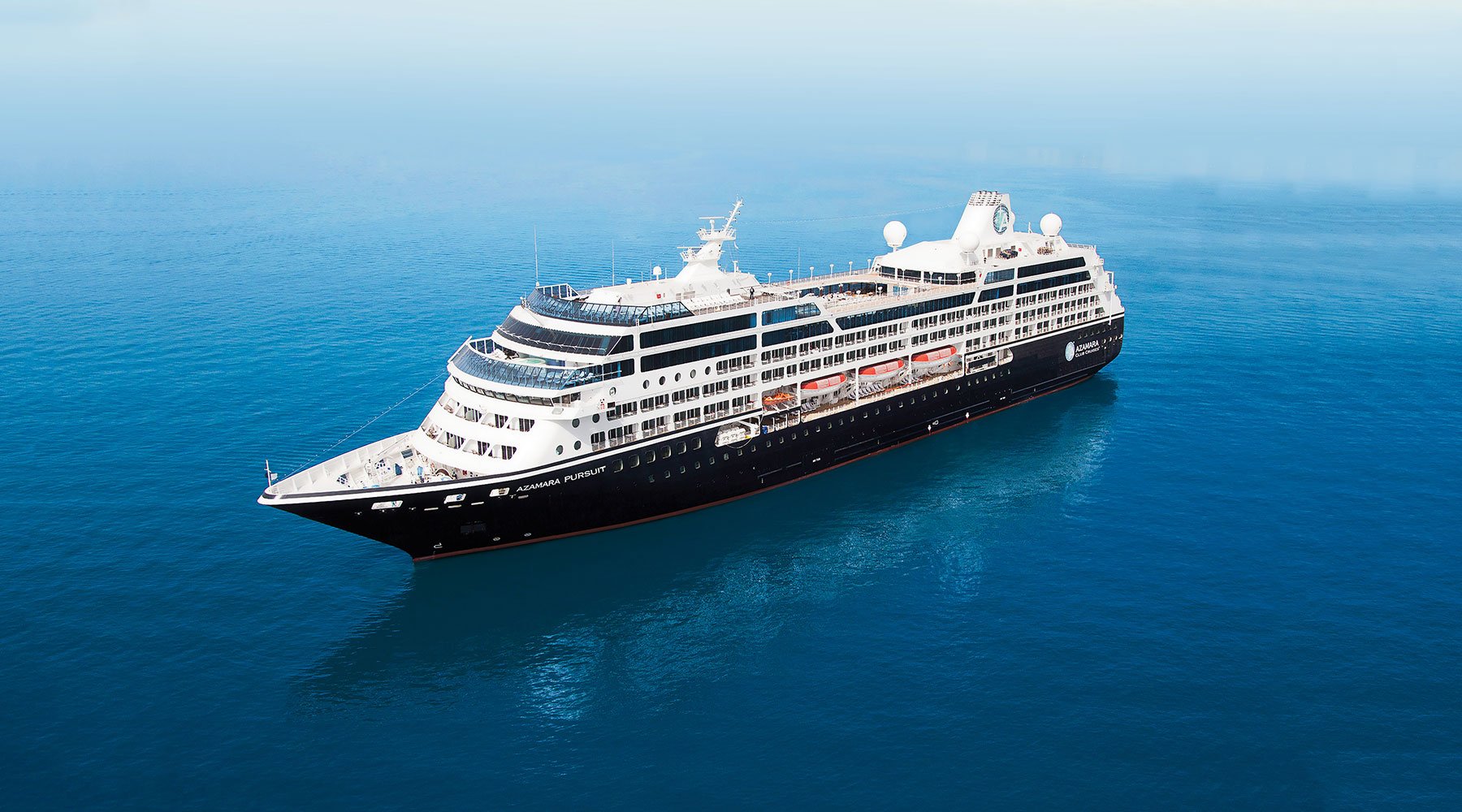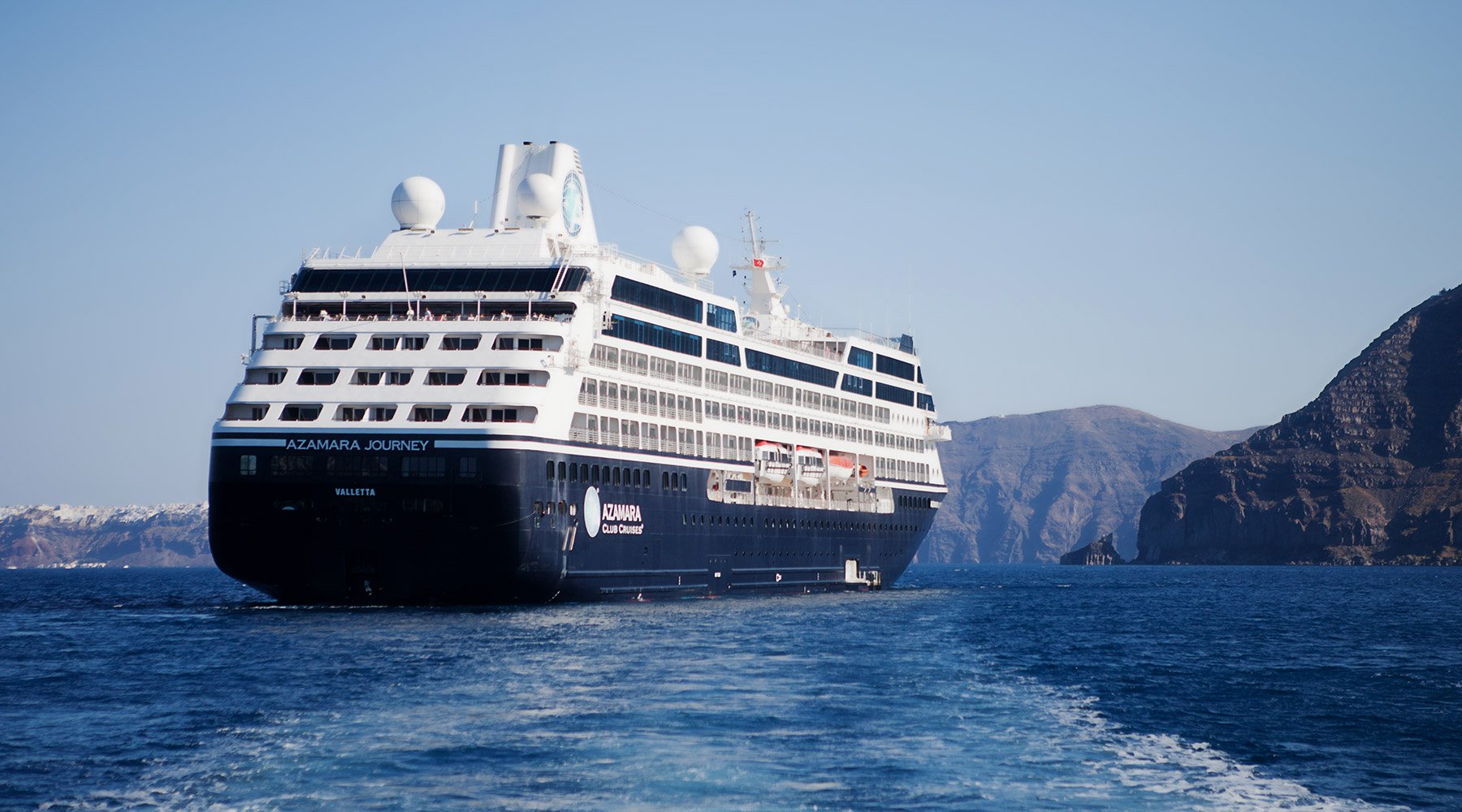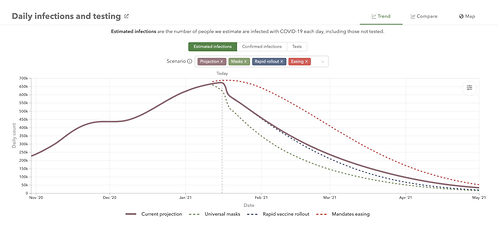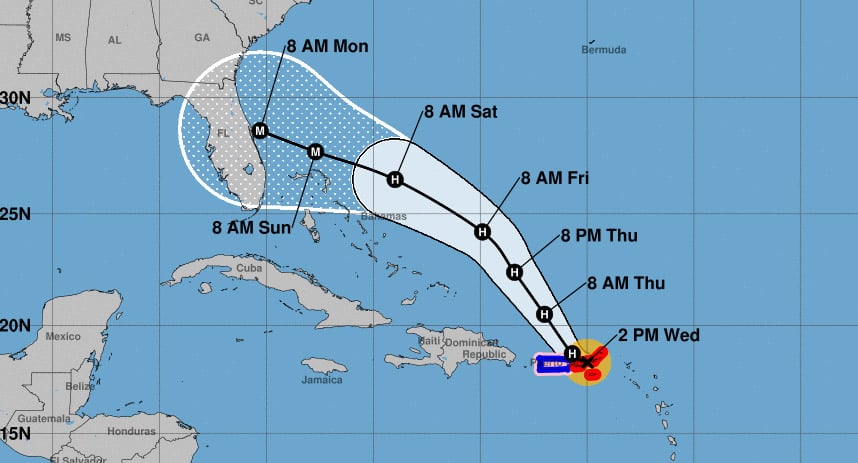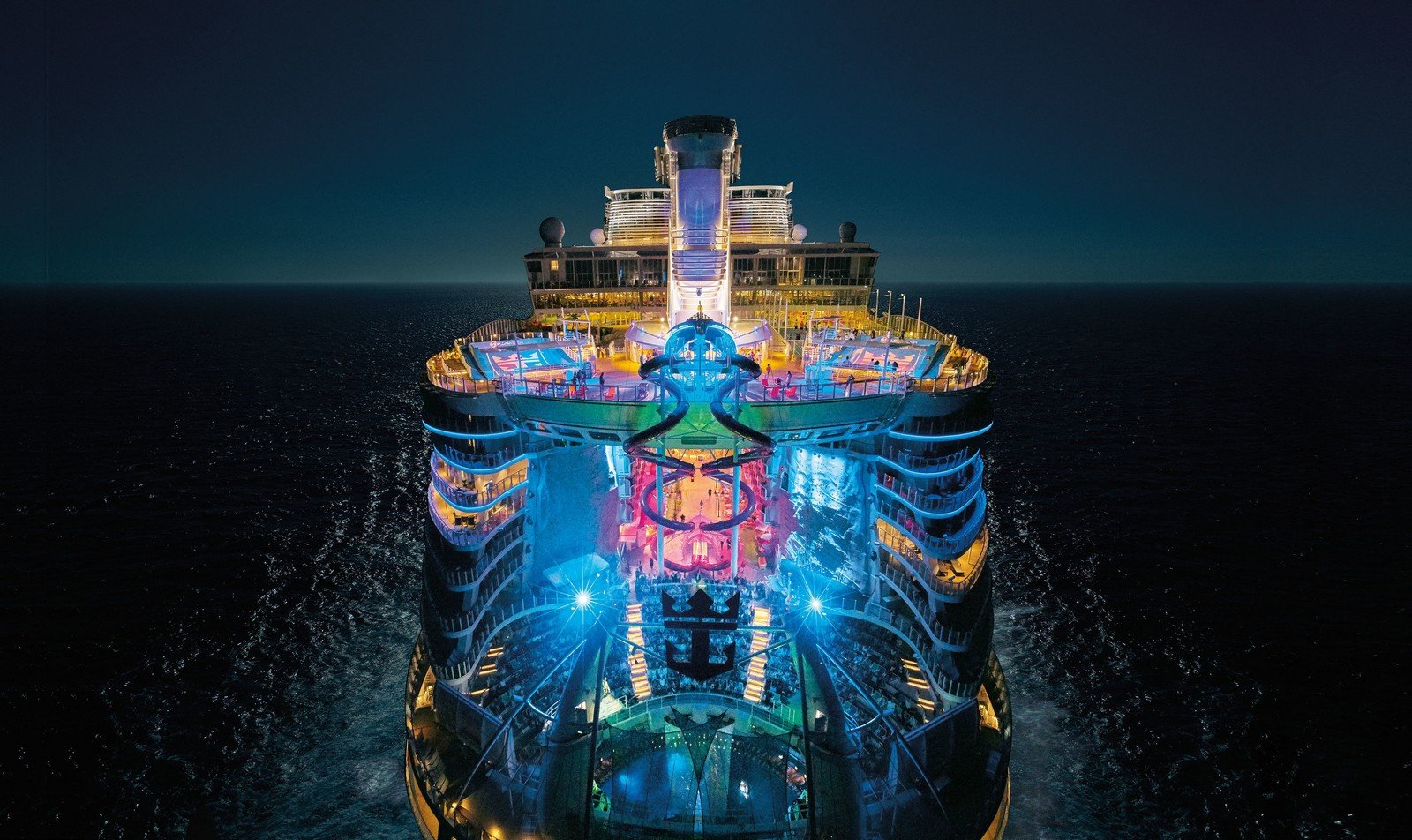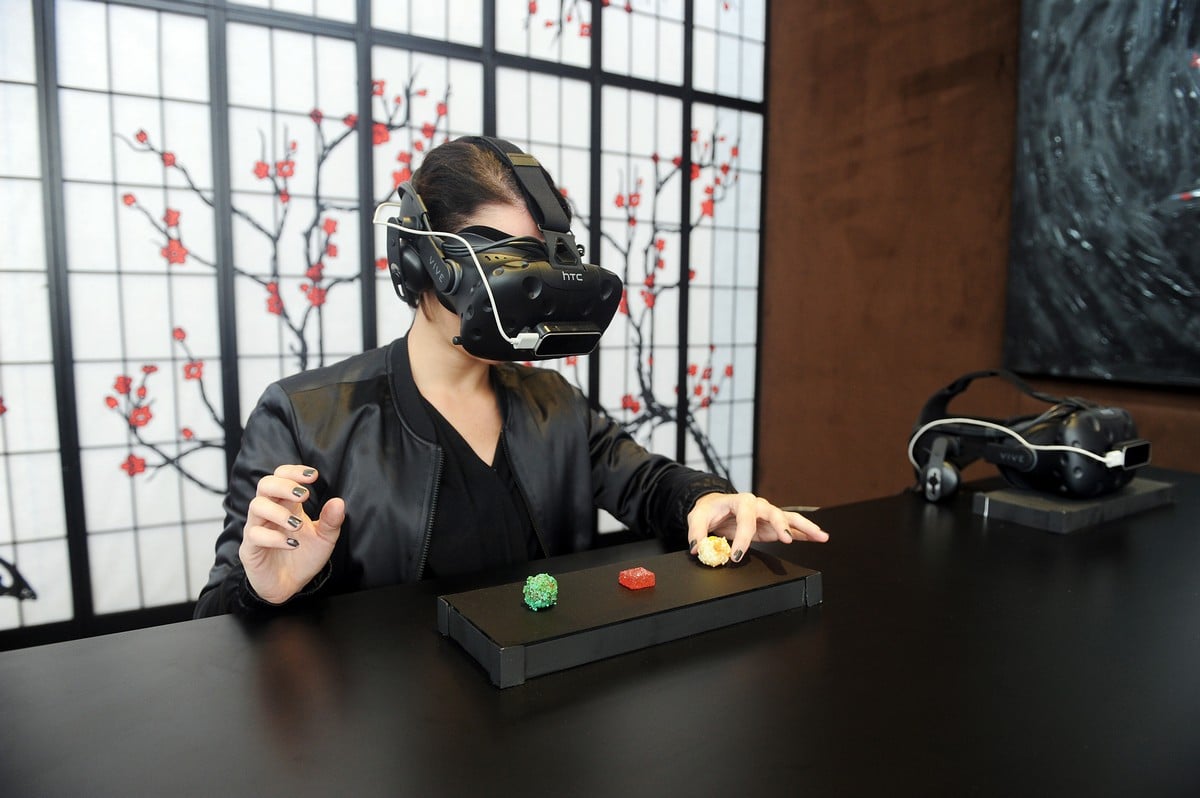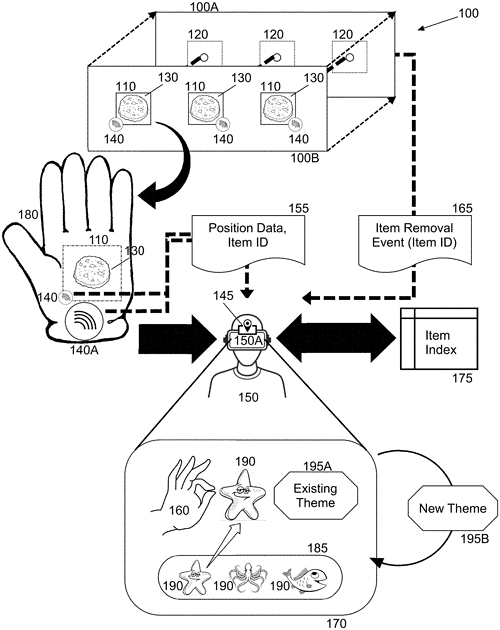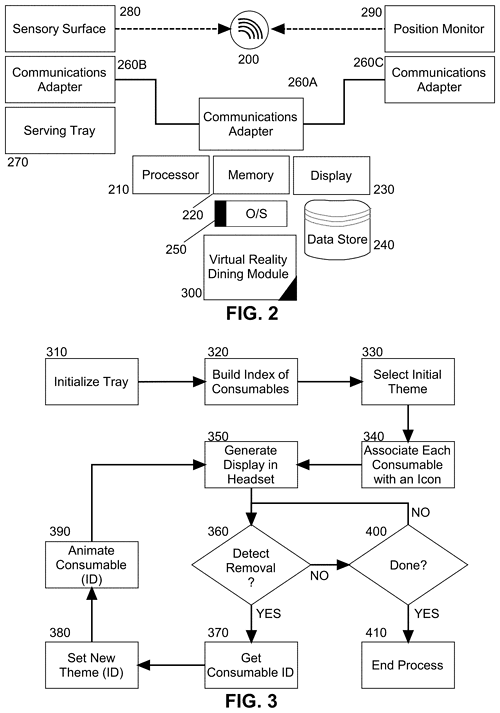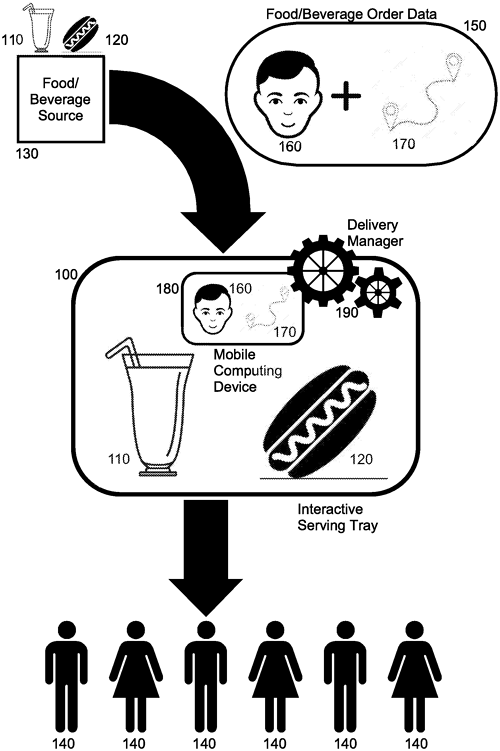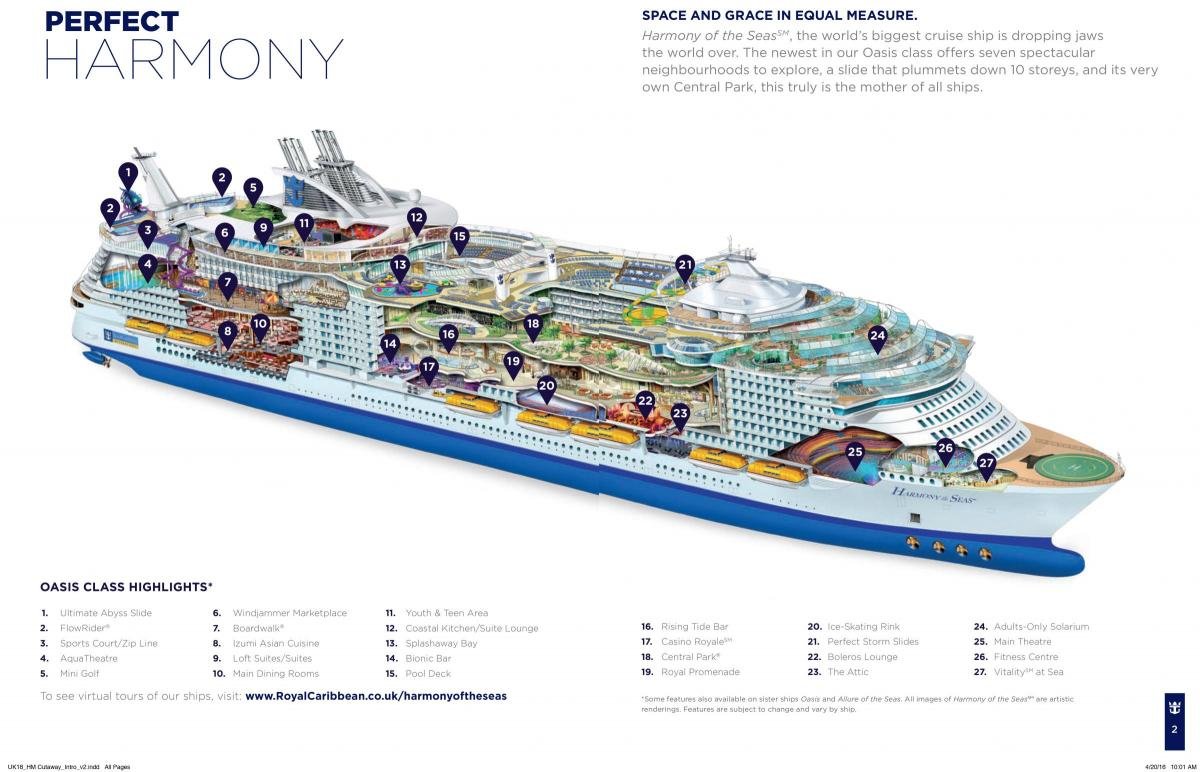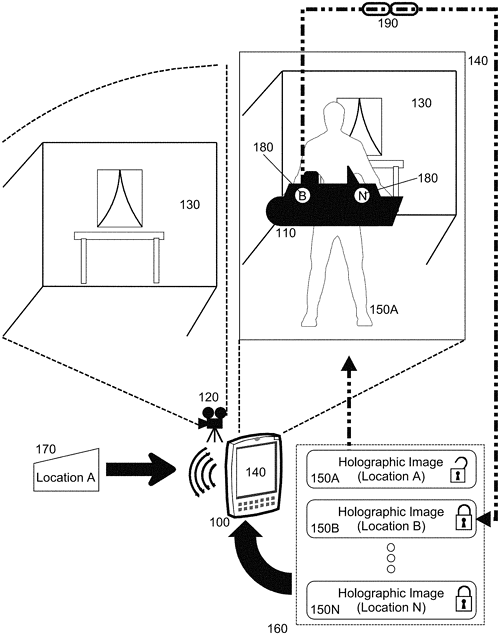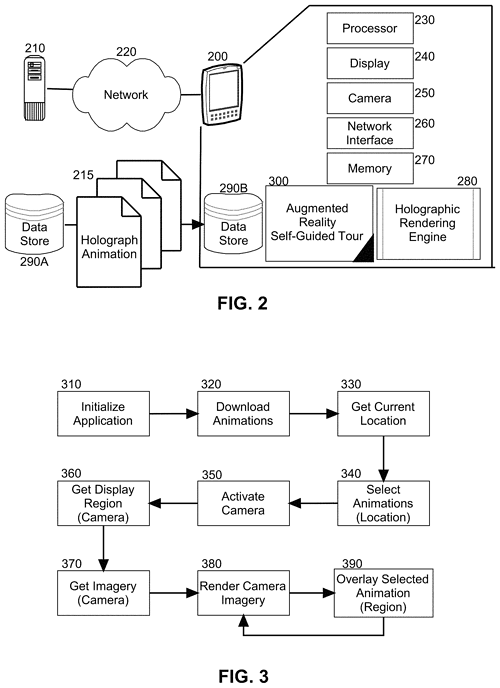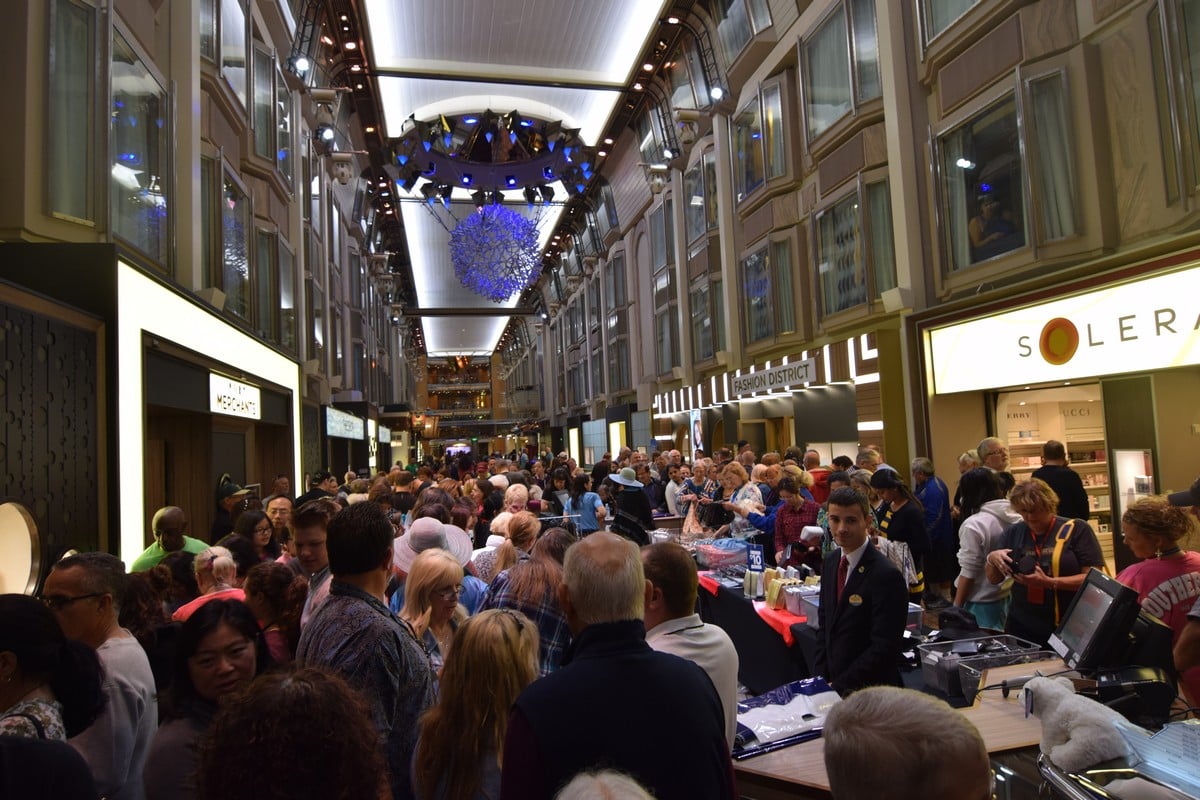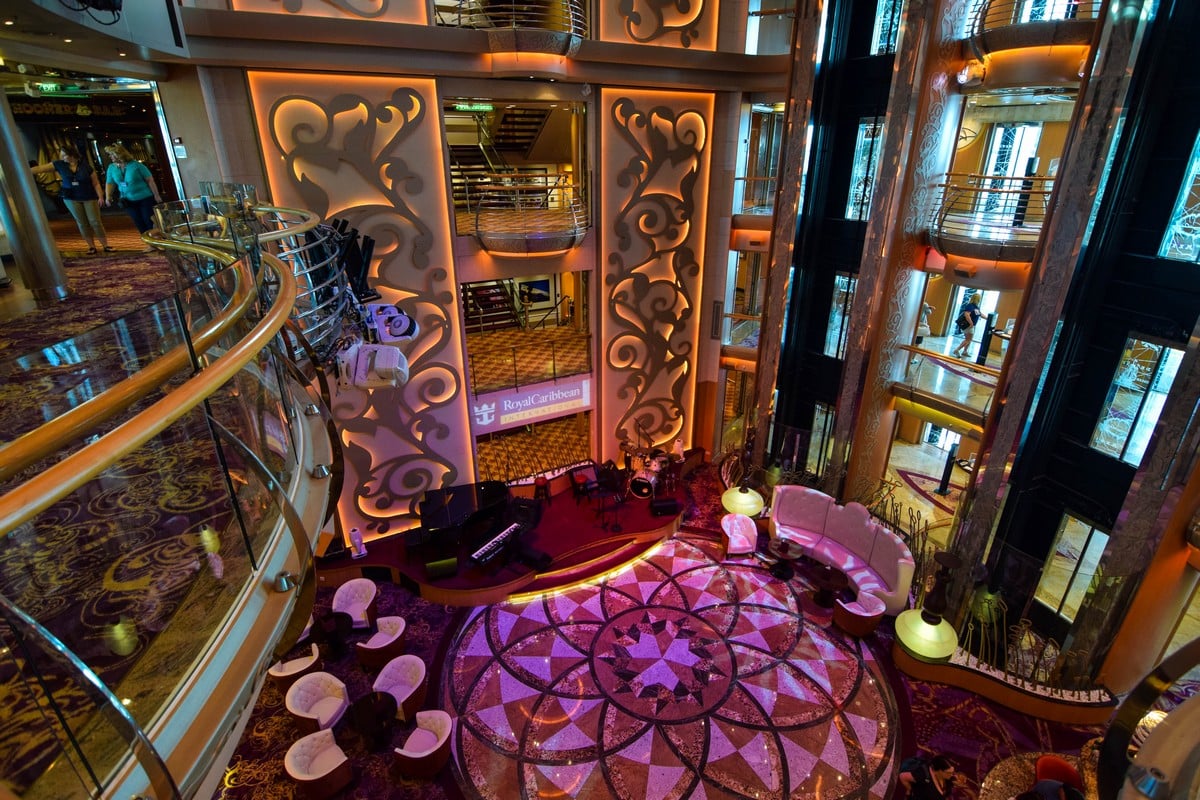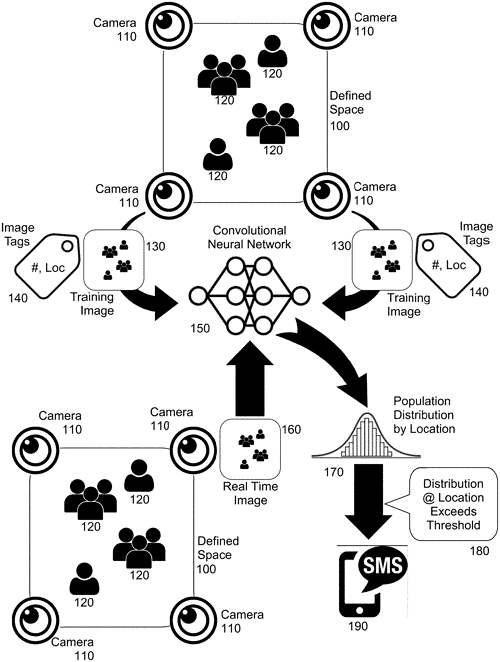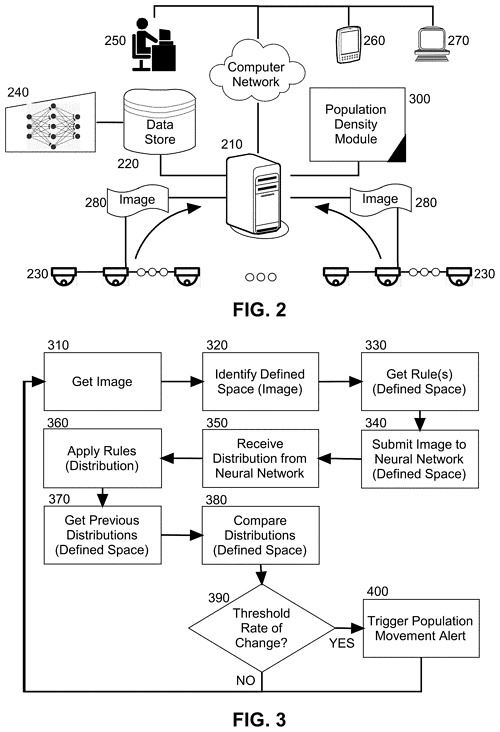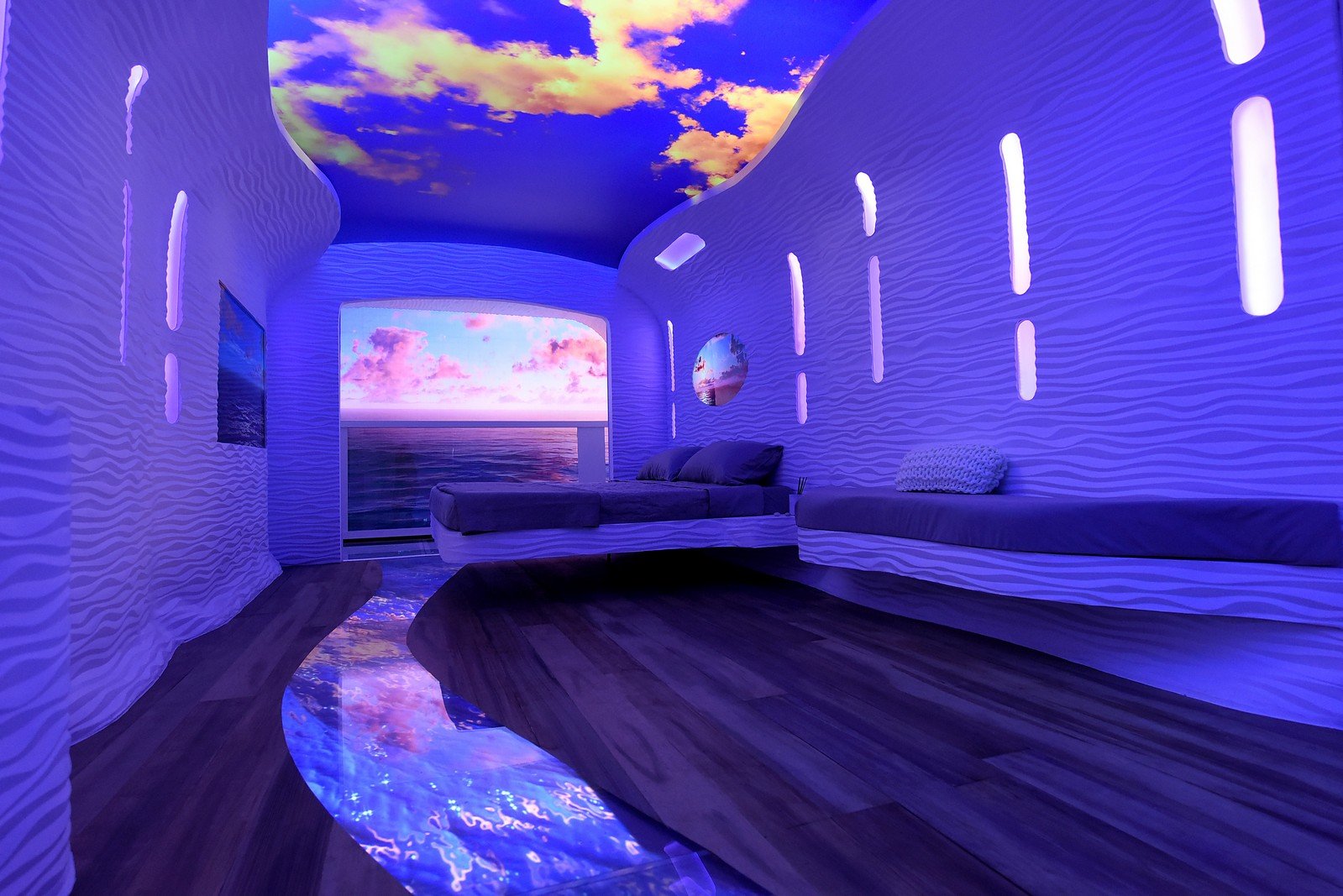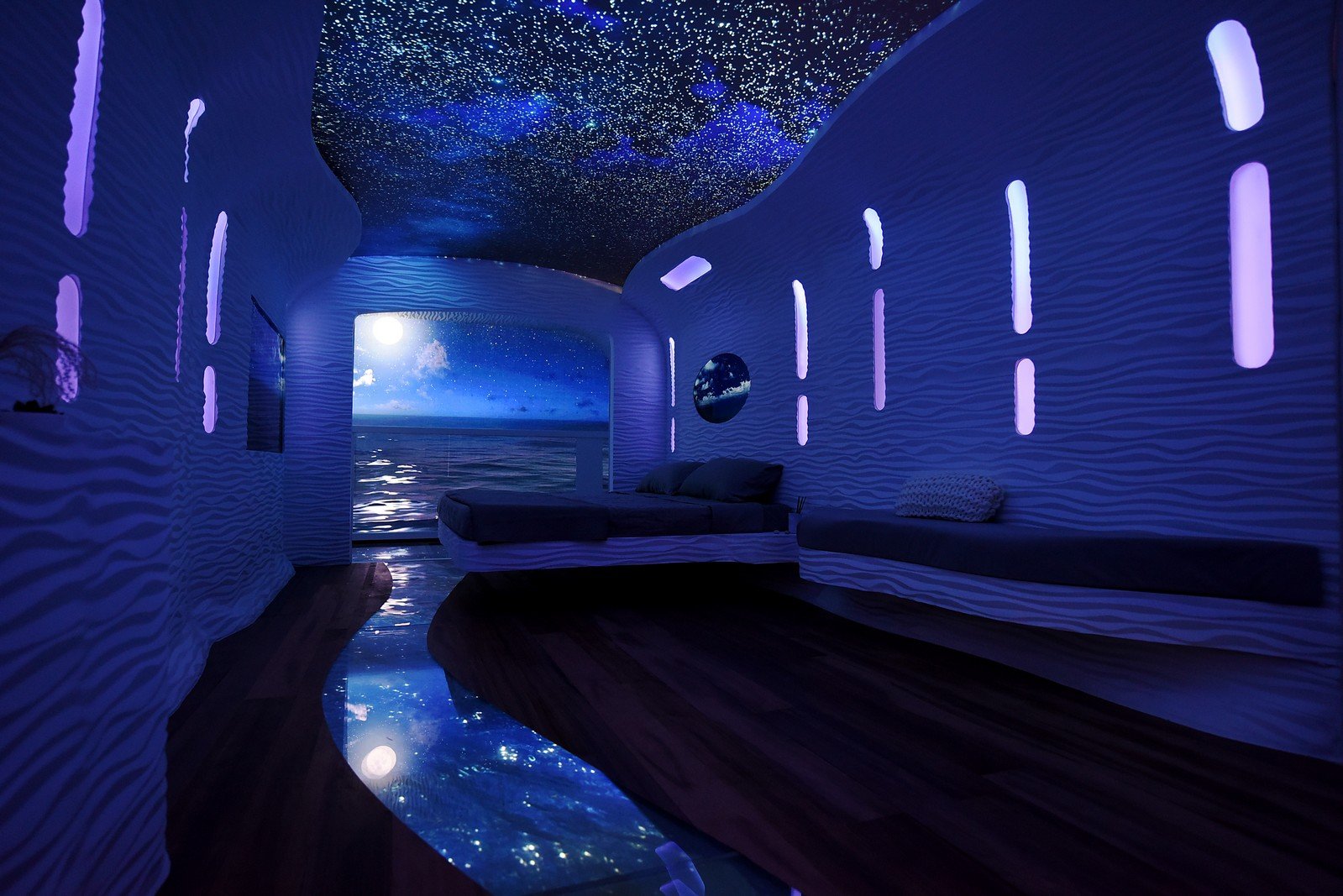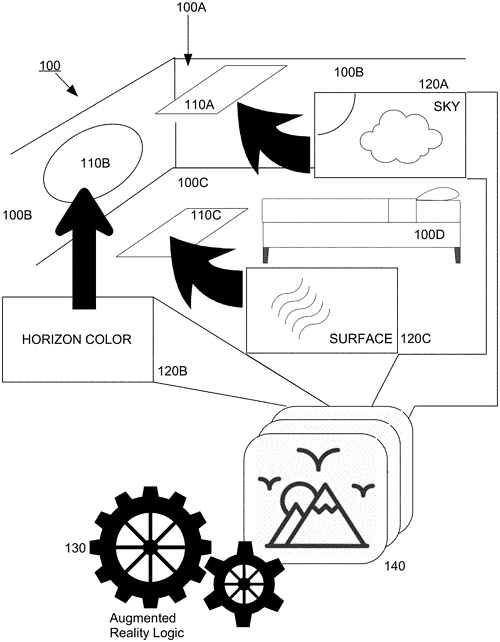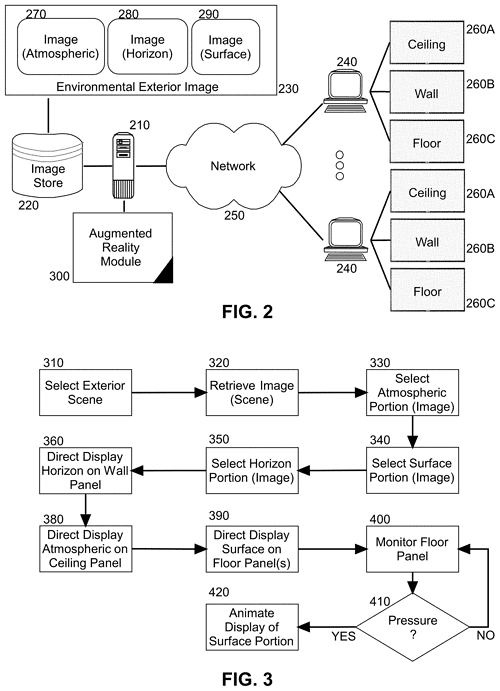The crew members on a cruise ship are extremely hard working people that bring smiling faces to the services they provide, but working on a cruise ship is anything like a job on land.
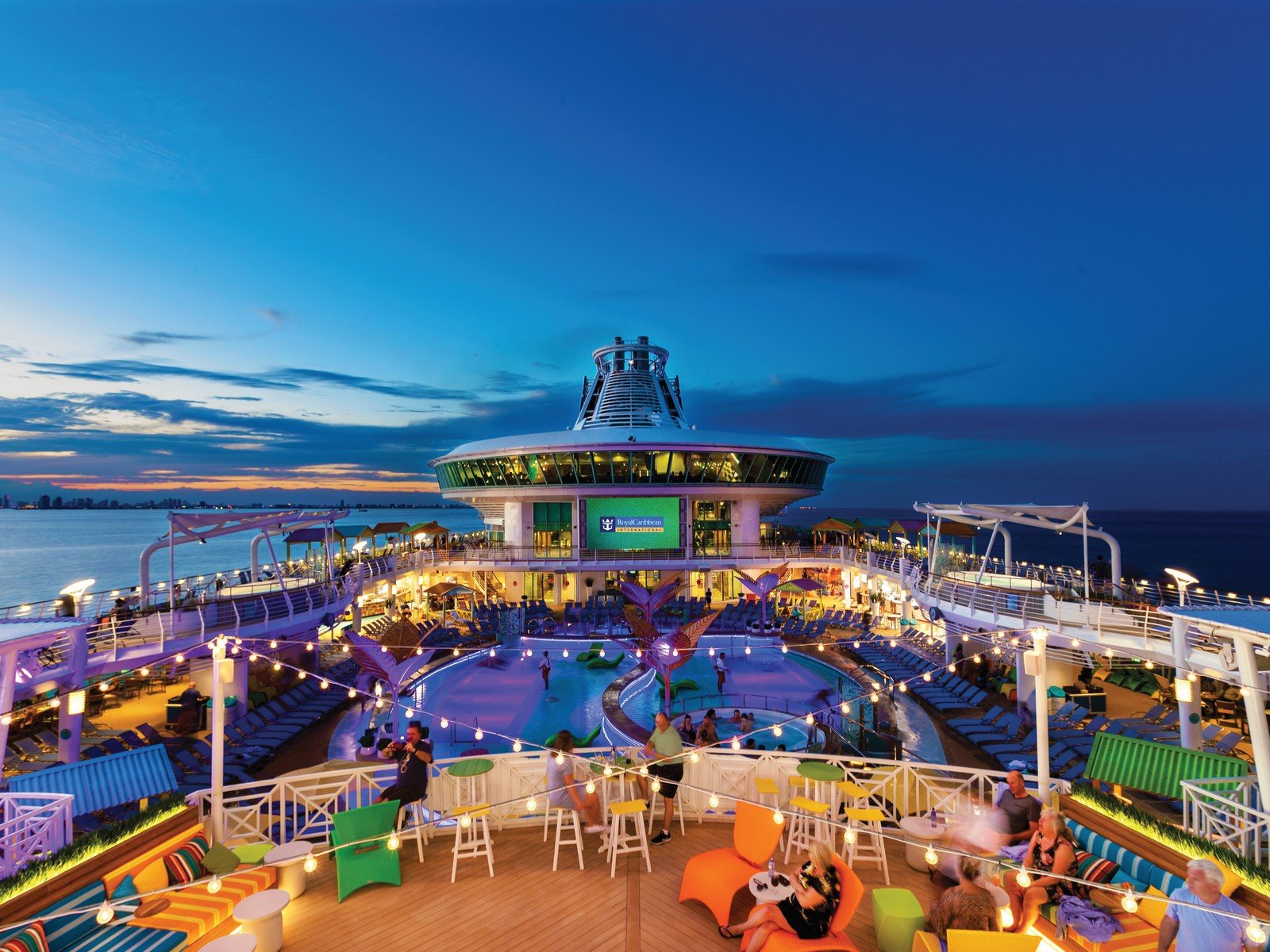
Some crew members elect to work on cruise ships for many years, and repeat cruises often keep an eye out for their favorite bartender, Adventure Ocean staff member, or Guest Services officer so that they can say hello.
In order to get a better idea of what it is like to be a crew member on a cruise ship, I reached out to some former crew members to get their thoughts on what many guests may not not know about working on a ship.
They really do work hard
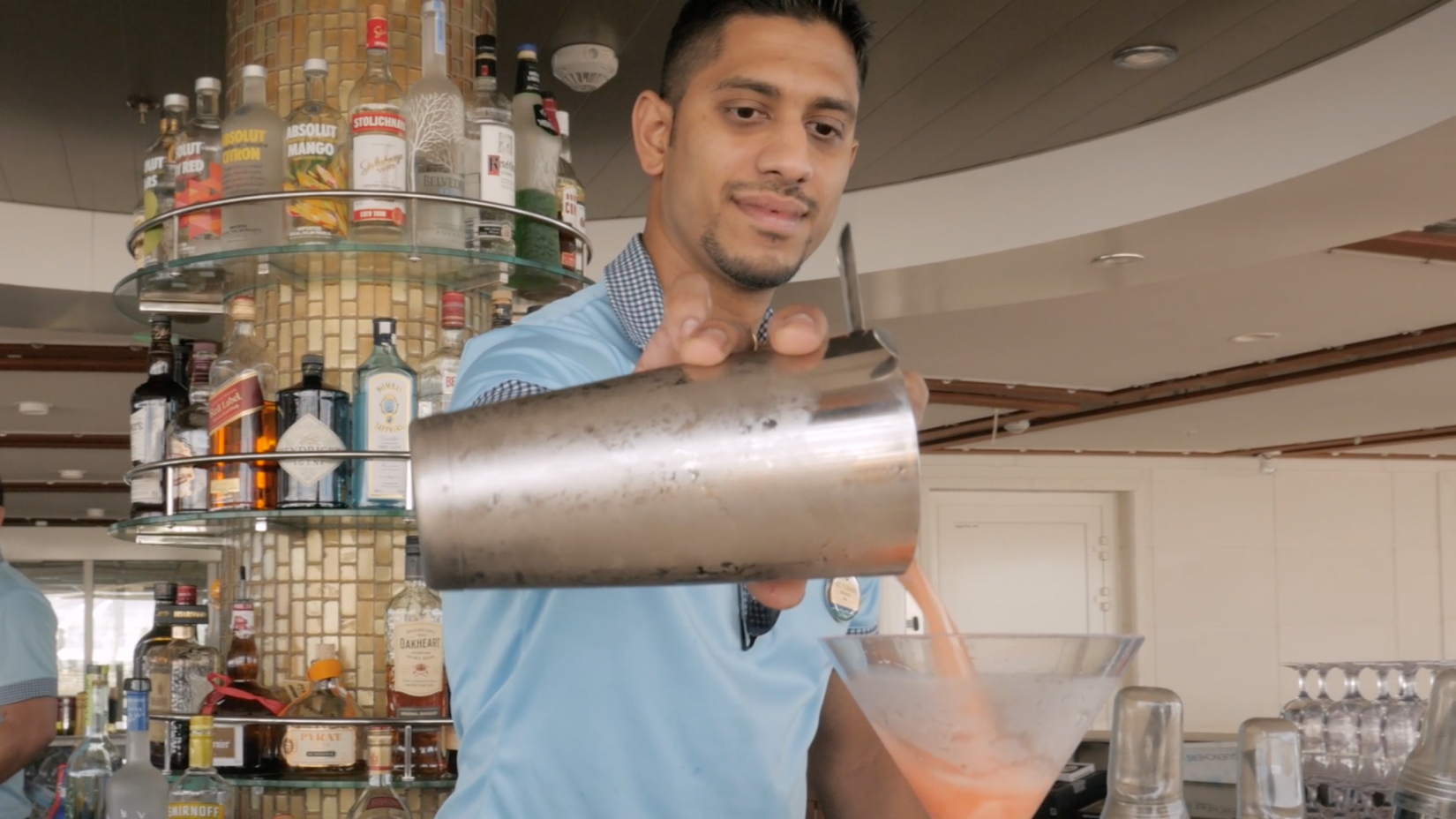
While everyone knows that crew members are not on vacation, they put in a lot of time and effort to make the guest vacation amazing.
Ceri Jackson noted some guests overlook that fact and think crew are almost on a kind of "working vacation".
Hickdale James said simply, "Working on ship was damn hard but I must admit, I miss it sometimes."
With that, they make good money while not having to pay for food, rent or utilities.
Crew love to have a good time when not working
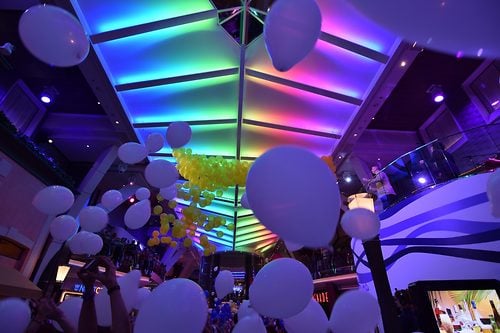
It is cliched to say "work hard, play hard", but it is very true of the crew too.
Alana Campbell added, "How hard they work is pretty well known.... but crew members generally party much harder than the guests."
Depending on the ship, different facilities were available to crew to unwind, but so-called "hall parties" would always work in a pinch. These are parties when a few crew members in nearby rooms would open up their doors and hang out in the hall, similar to a neighborhood party on a street somewhere.
Long contracts means time away from home
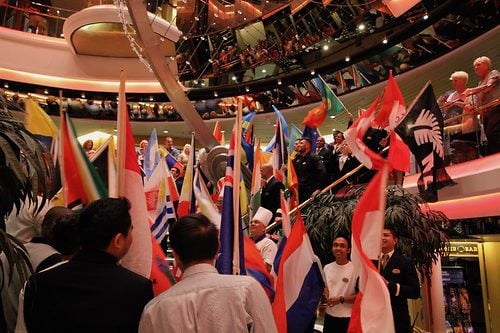
Unlike a job on land, you don't get to go home to your family after your work is complete.
Working on a cruise ship means many months away from loved ones, and that can take a toll on some crew who are not prepared for it.
Radu Cosmin said, "This job is not for anyone. You must to have this in you... I'm away from home for 6 months."
Some guests plan cruises around crew members
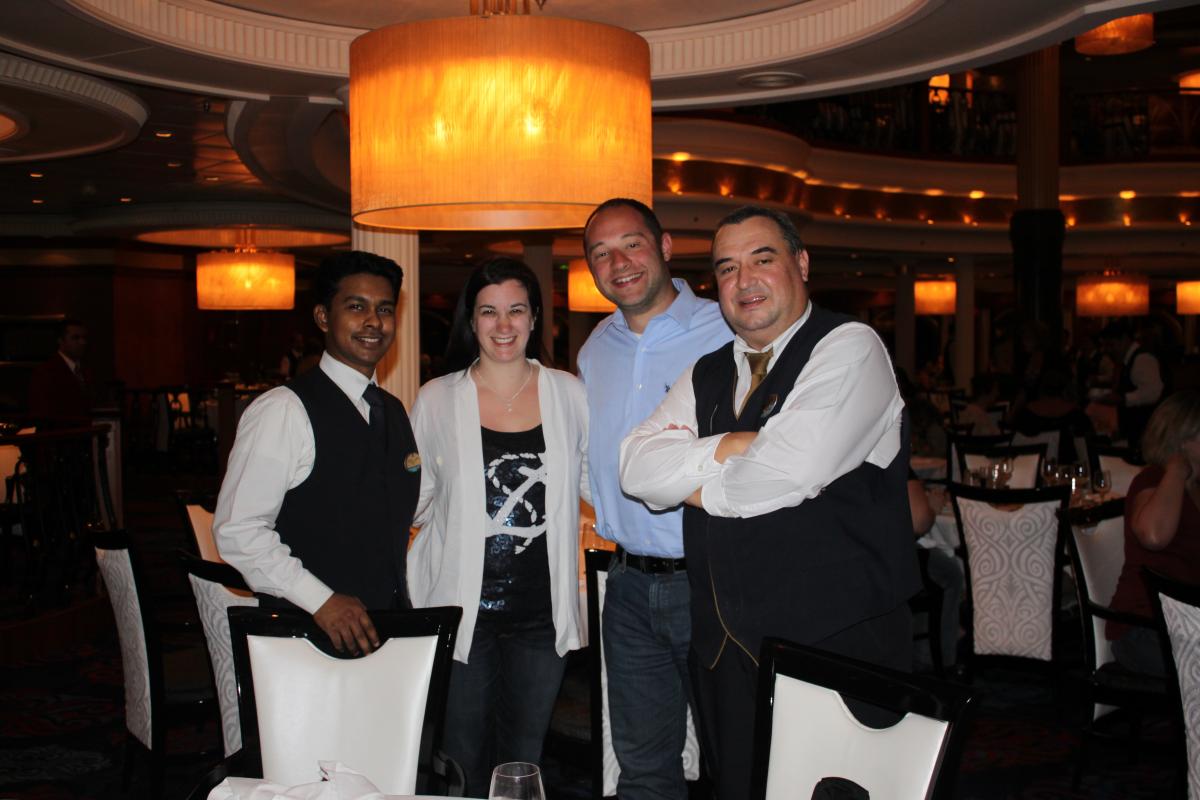
The old saying, "good service is hard to find" may be why some people who book a Royal Caribbean cruise actually try to figure out which ship a certain crew member is on before booking it.
NJ Cole said there were times where guests would try to figure out where he was working, "I had a number of families that would make sure I was going to be on board when they were planning their cruises.
"And, there were even a few families/individuals that I went to visit when I was off the ship and some who came to visit me."
Natalie King also enjoyed meeting guests who later became friends, "I have also meet some really nice guests whom I am friends with on Facebook. I even meet a few persons born in my country but living somewhere else."
Read more: 8 cruise ship tips from a former employee
They really do live onboard
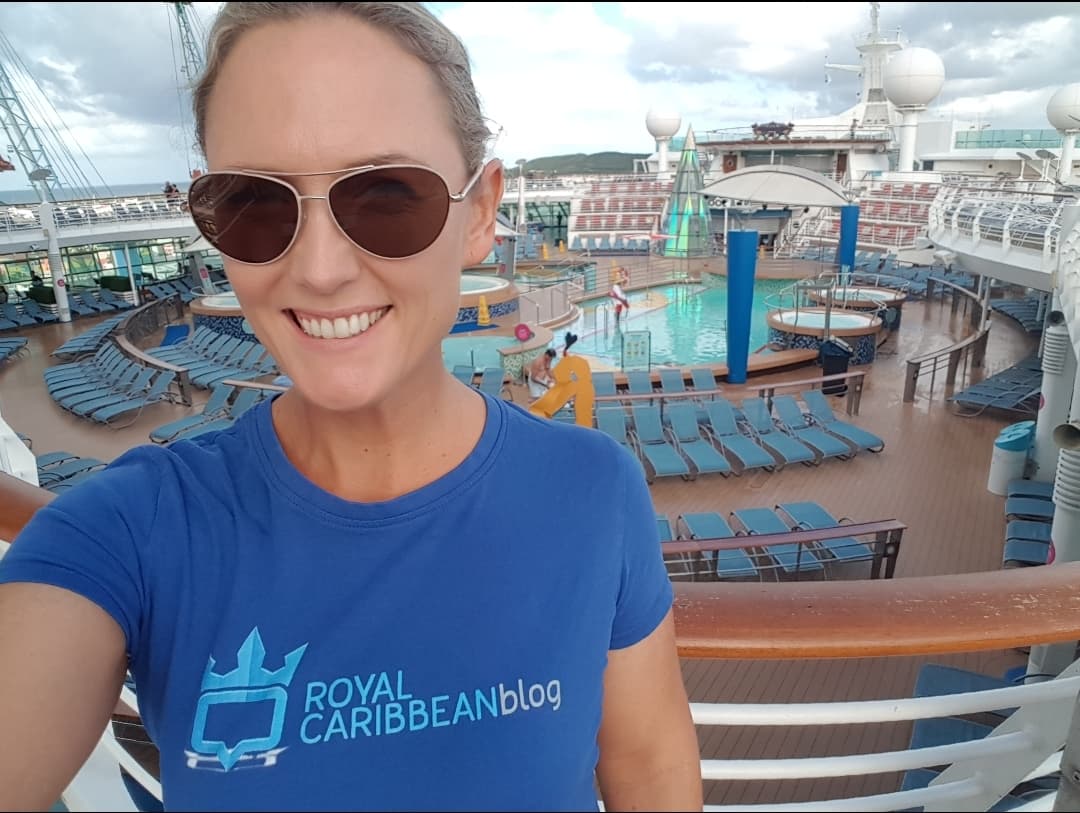
There are some guests who are surprised to hear the crew members live onboard the ship.
Evidently there are some guests who think perhaps crew members come and go somehow on and off the ship, perhaps through the different ports the ship visits.
Natalie King said she had to routinely confirm to guests, "we actually live onboard".
As mentioned earlier, crew contracts range in duration, but they are all many months and that time is spent living on a ship.
Crew do not eat the same food as guests
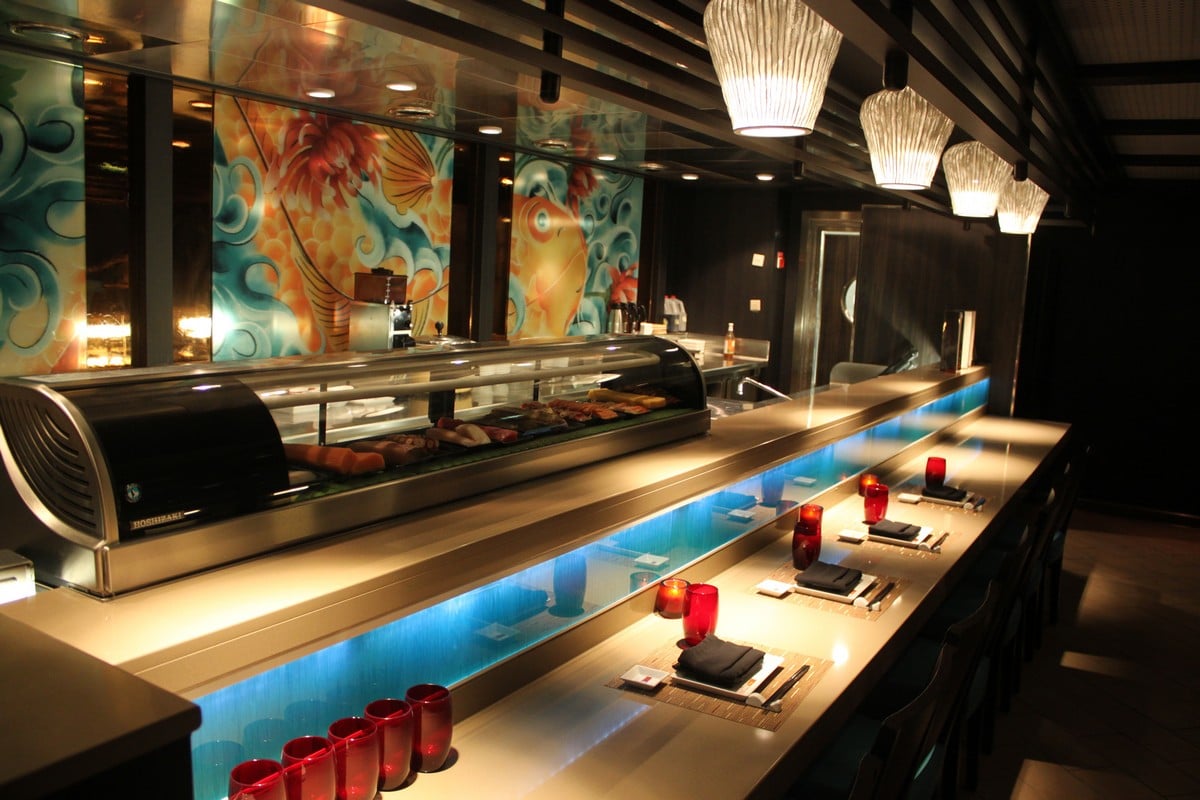
Many people who go on a cruise think the crew are eating the same food as passengers, but it is not the case.
Crew members have separate dining rooms with less glamorous cuisine.
Certain crew members are allowed to dine in guest specialty restaurants during their time off, such as officers or performers.
They love the travel opportunities

I asked these former crew members what loved the most about working on a ship, and many responded the opportunity to see the world is something they really enjoyed, and still miss today.
Pippa Madden said the travel working on a cruise ship affords you is something she misses a lot.
NJ Cole added, "Life on land does not remotely compare to life on ships."
Licinia Ferreira commented, "We earn very good money and have no expenses. Travel for free, meet different countries and people! I didn't regret leaving after 10 years, but sometimes I miss it."
Read more: What happens to the crew members onboard during the cruise suspension?
Crew members don't usually get full days off
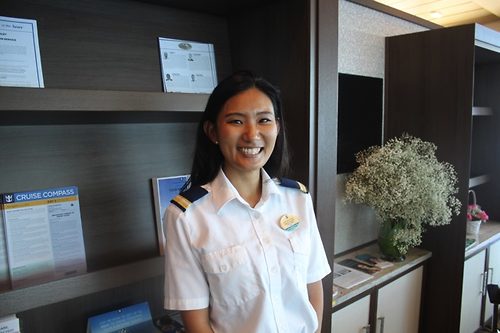
Unlike working on land, where you get a day or two off here and there, crew members have longer work days that are broken up with breaks.
Ian Forbes noted crew members do not get full days off, but instead get a few hours break here and there. This is to work around the daily schedule of the ship.
While it sounds bad to say there are not full days off, the crew do get regular breaks throughout the day. Many crew members will even go as far as to get off the ship and explore a port for a bit during one of these long breaks.
Crew are forbidden from having relationships with guests
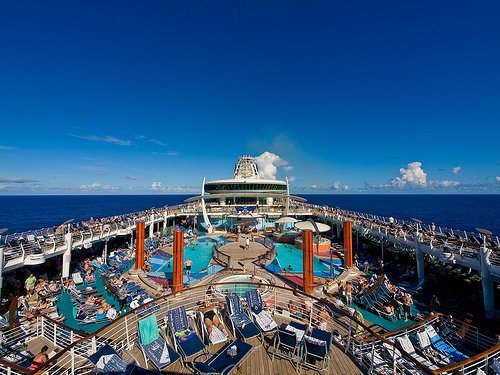
Certainly crew members and some guests form friendships, but crew are absolutely not allowed to take their relationships with guests to anything beyond friendly.
Cruise lines prohibit crew from engaging in any kind of personal relationship with guests, and if discovered, is grounds for immediate termination.
The rationale of this rule is mostly centered around ship security and avoiding workplace problems of any kind.
While the crew are usually very friendly, do not assume their intentions are anything more than platonic.
Read more: The top crew members to find if you have a problem onboard your cruise
Even crew get seasick
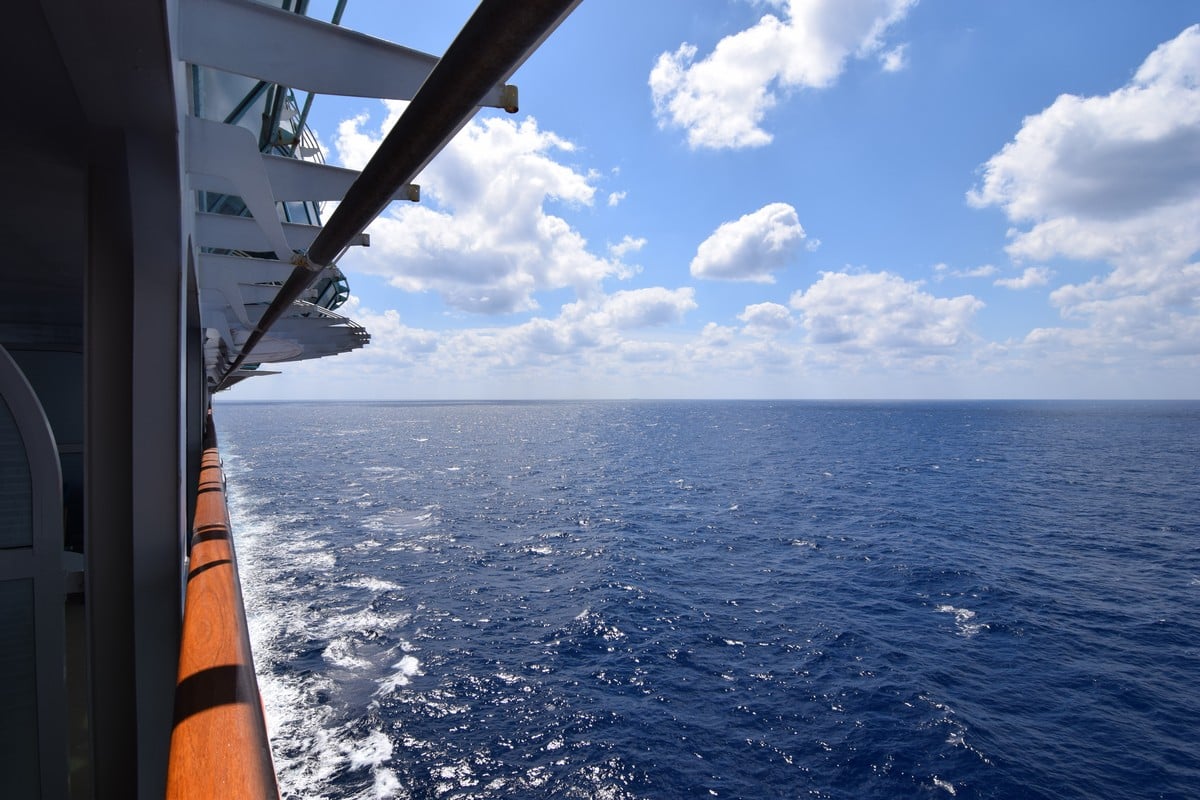
You may think getting seasick is something that only happens to first time cruisers, but it can happen to just about anyone, including crew.
Crew members told stories of instances where on their first few weeks at sea it would unfortunately happen to them.
Alissa recalled her first run on a cruise ship, "When I first started working on ships, I would get seasick all the time and trust me, I've tried every remedy — ginger, green apples, wrist bands, ice. It is something you definitely get used to though, and now, I rarely deal with seasickness unless the water is particularly rough."
Kate added, "I remember laying in the fitness studio on a mat for an afternoon. I kept some ginger snacks around to help out."
